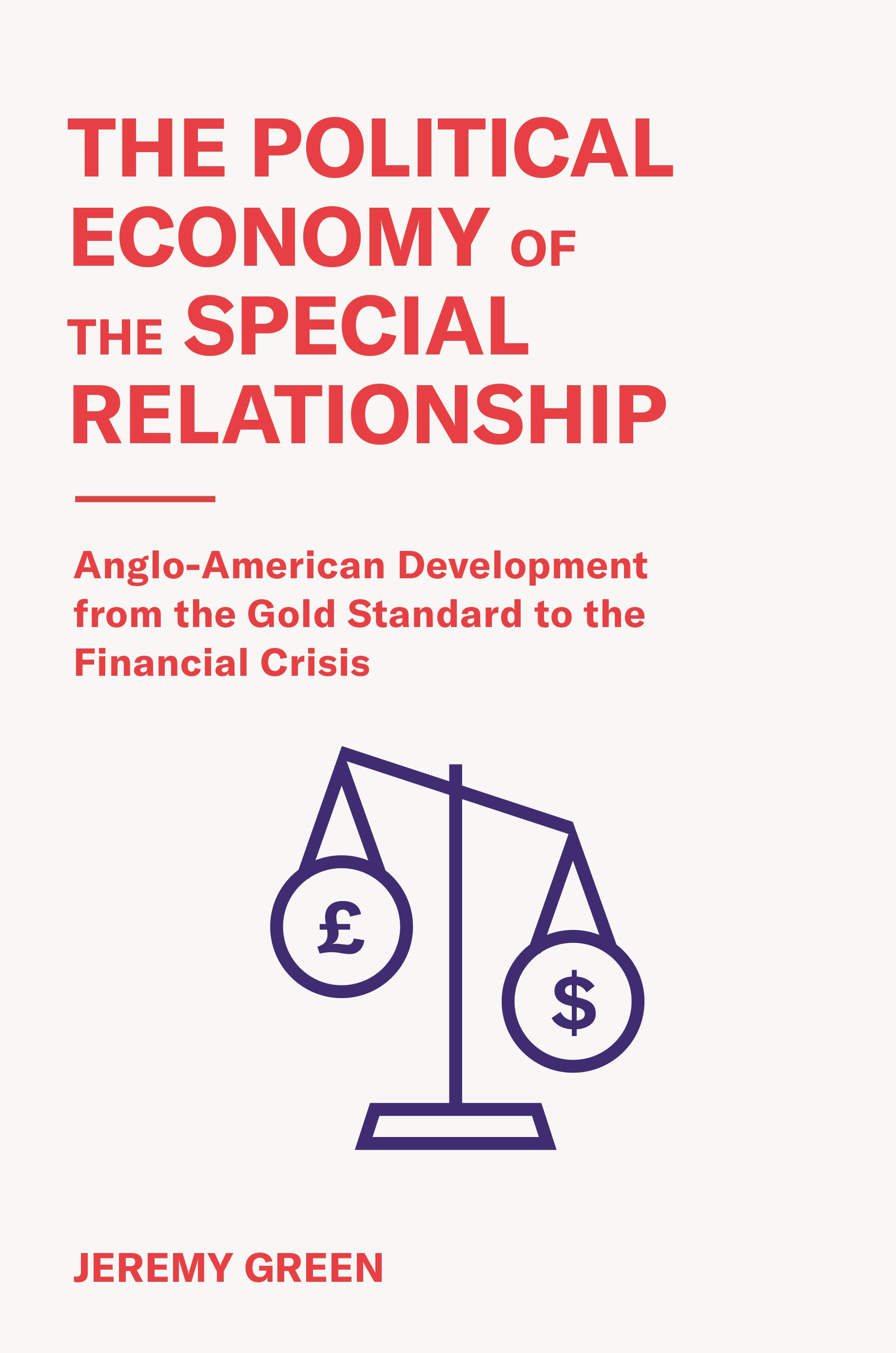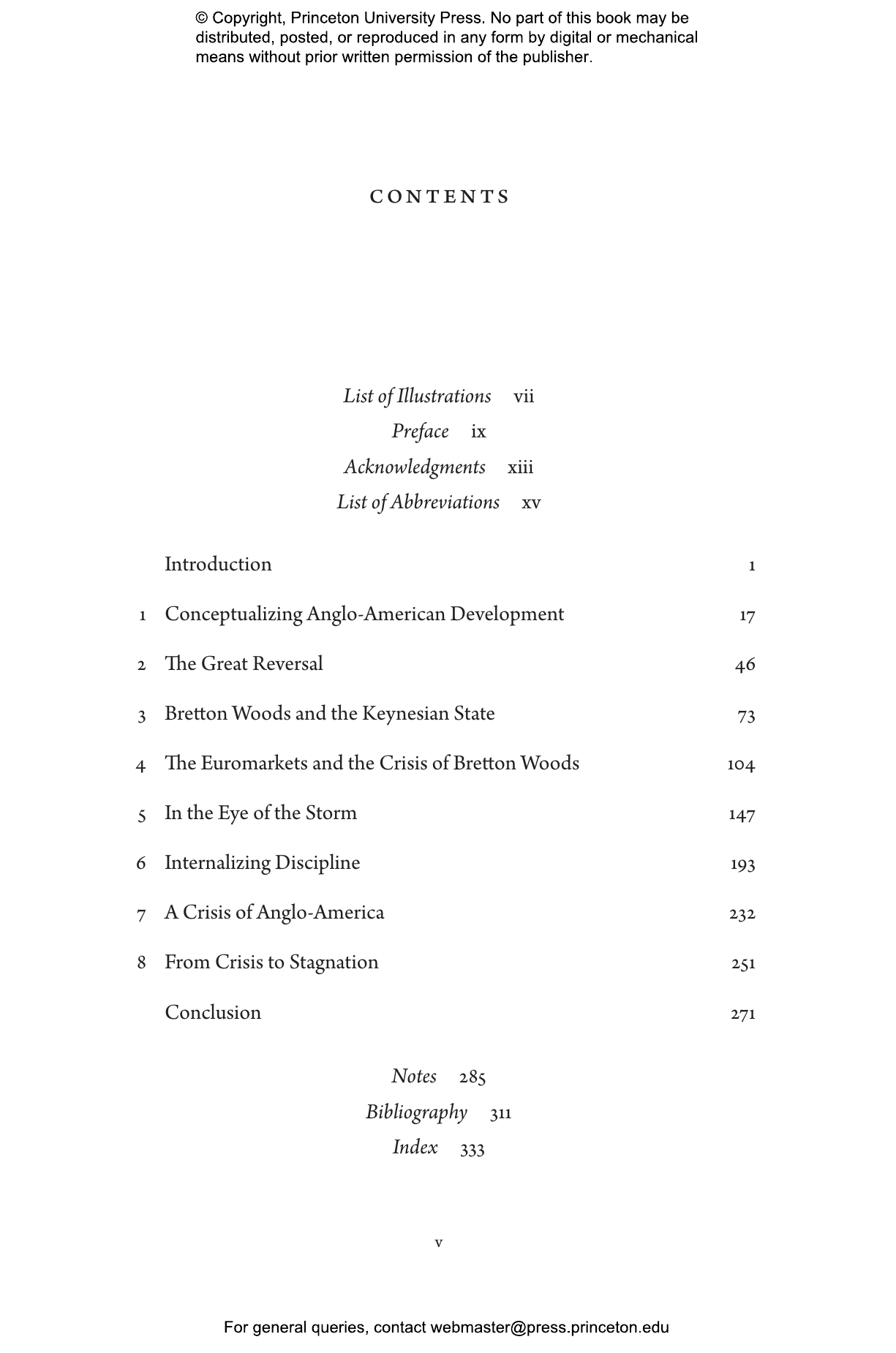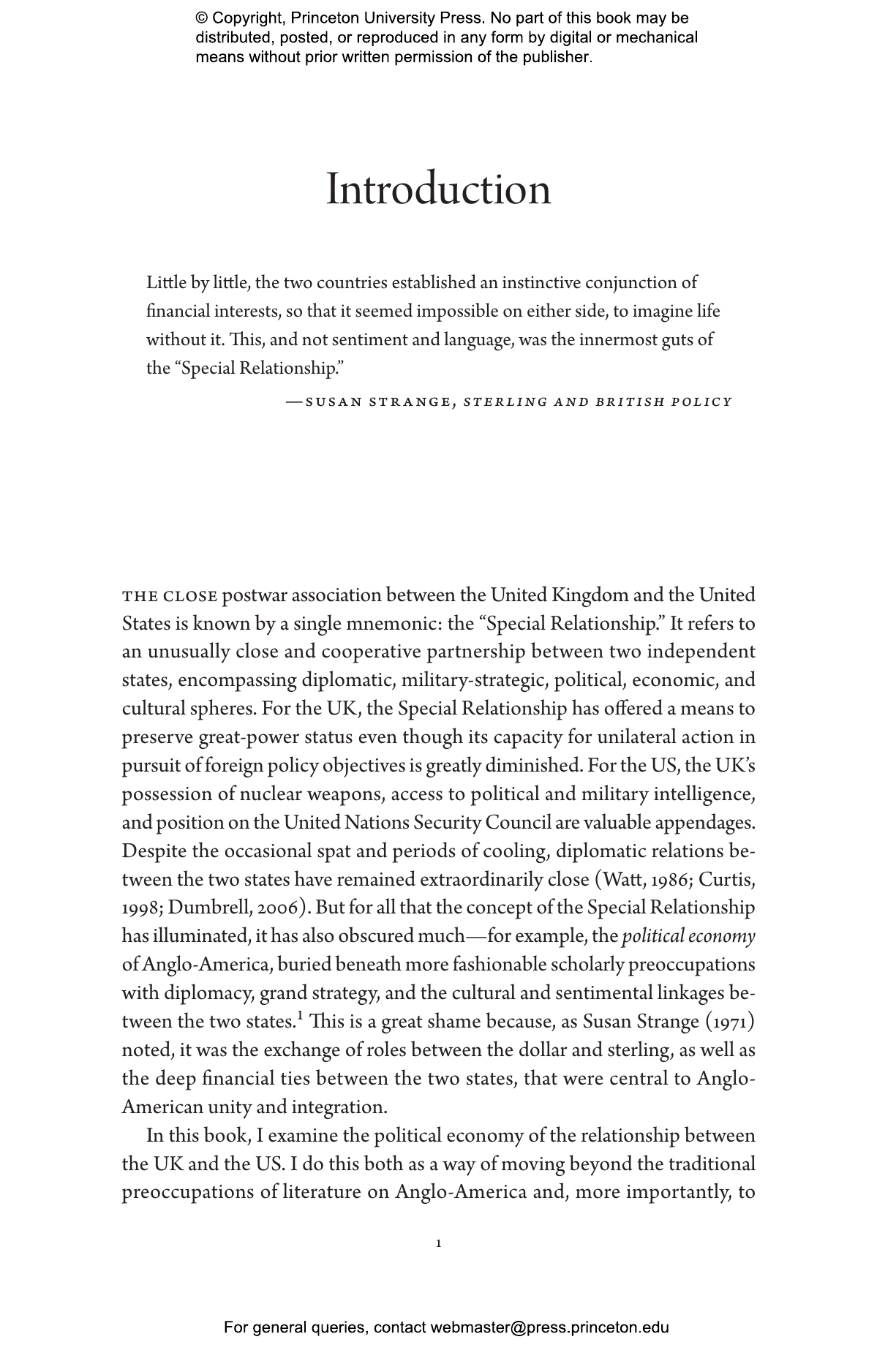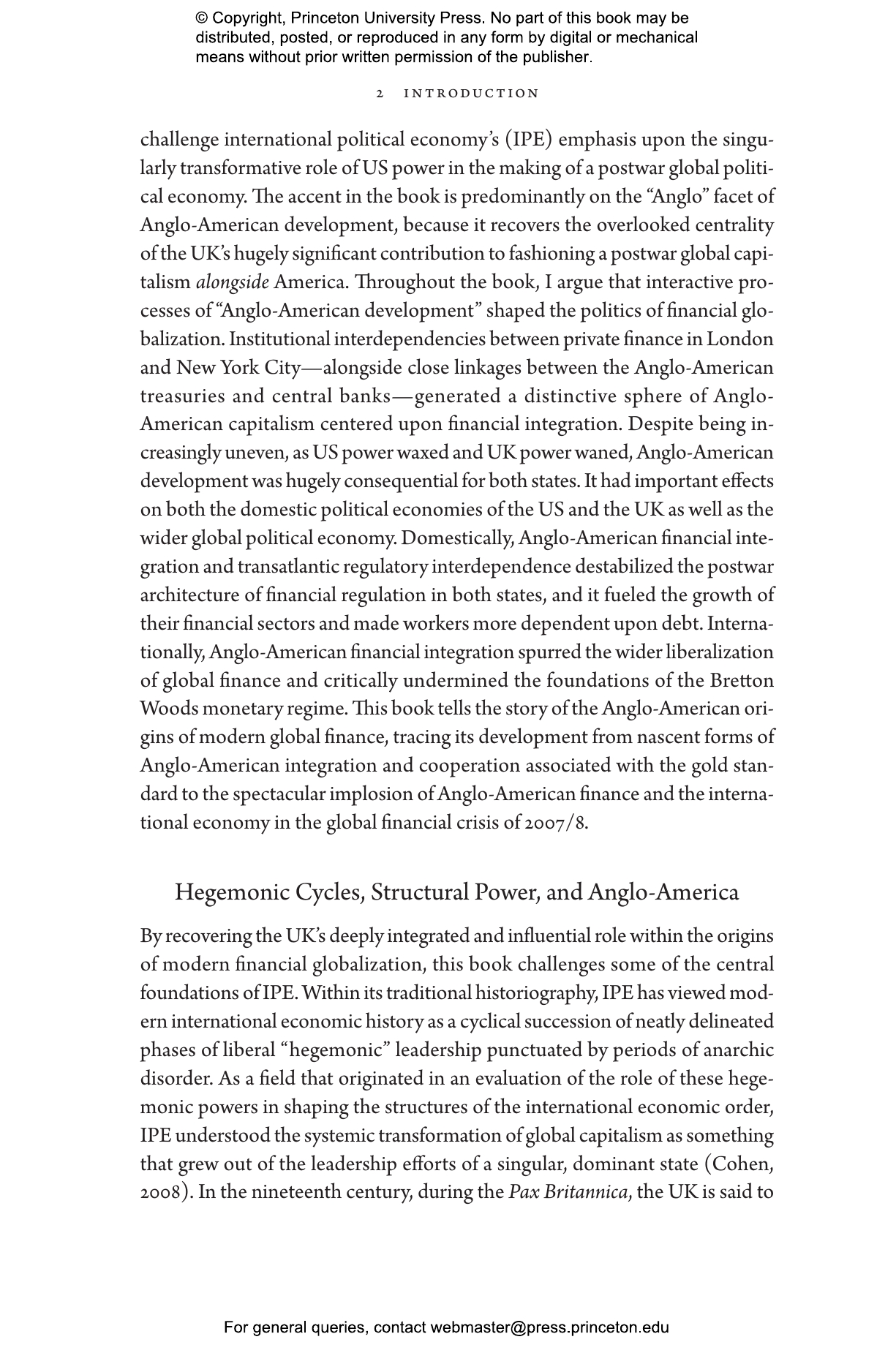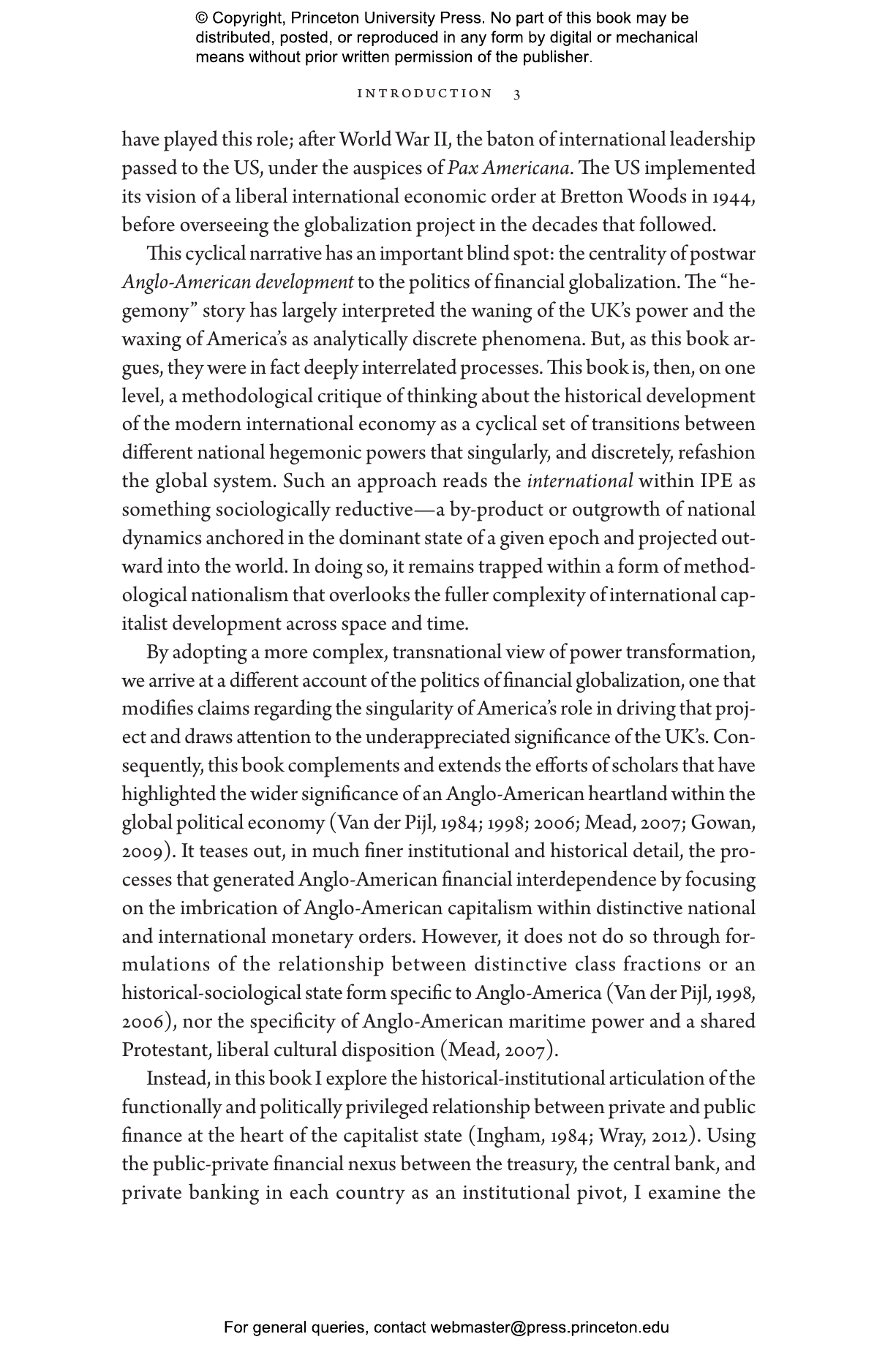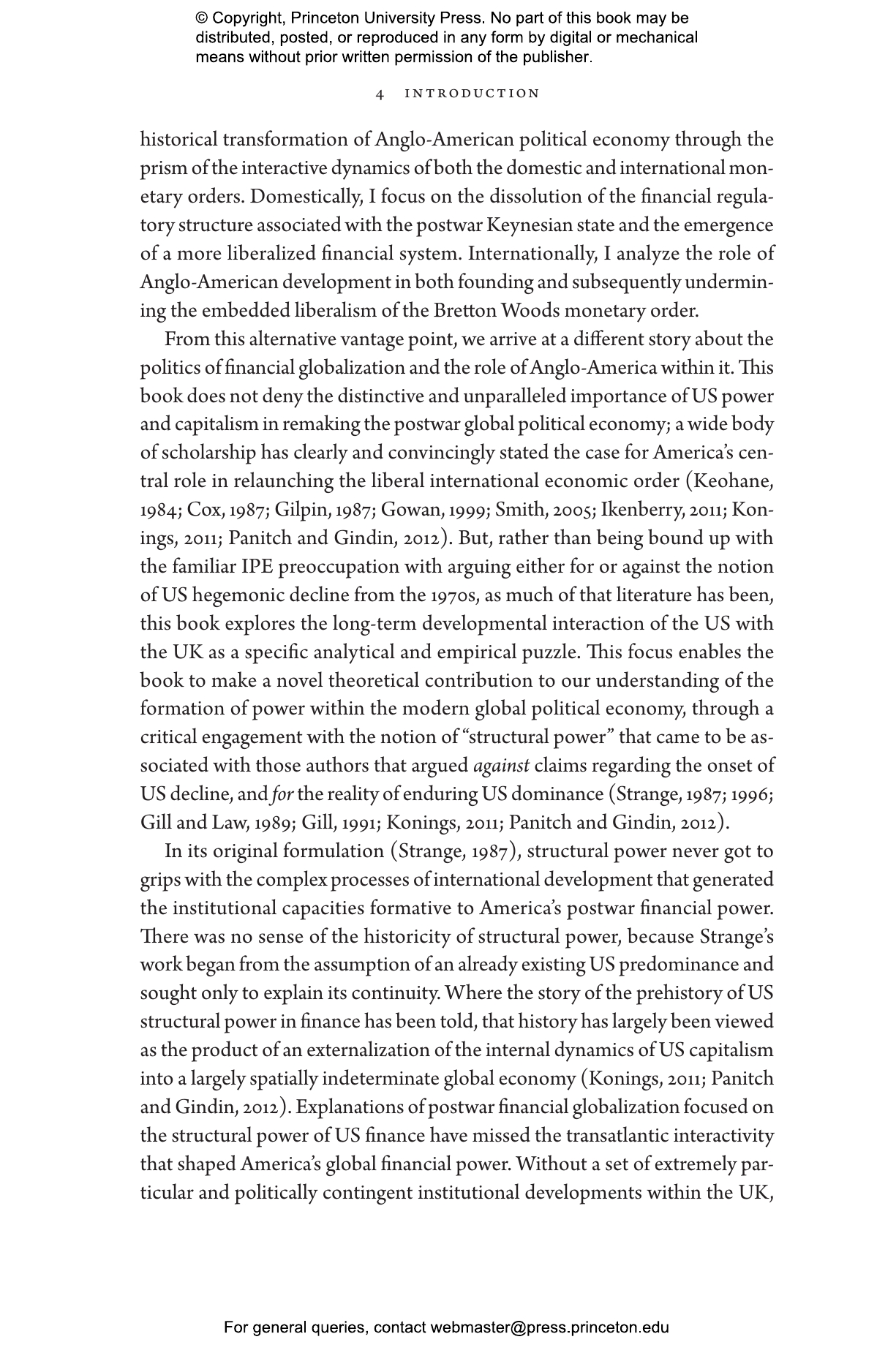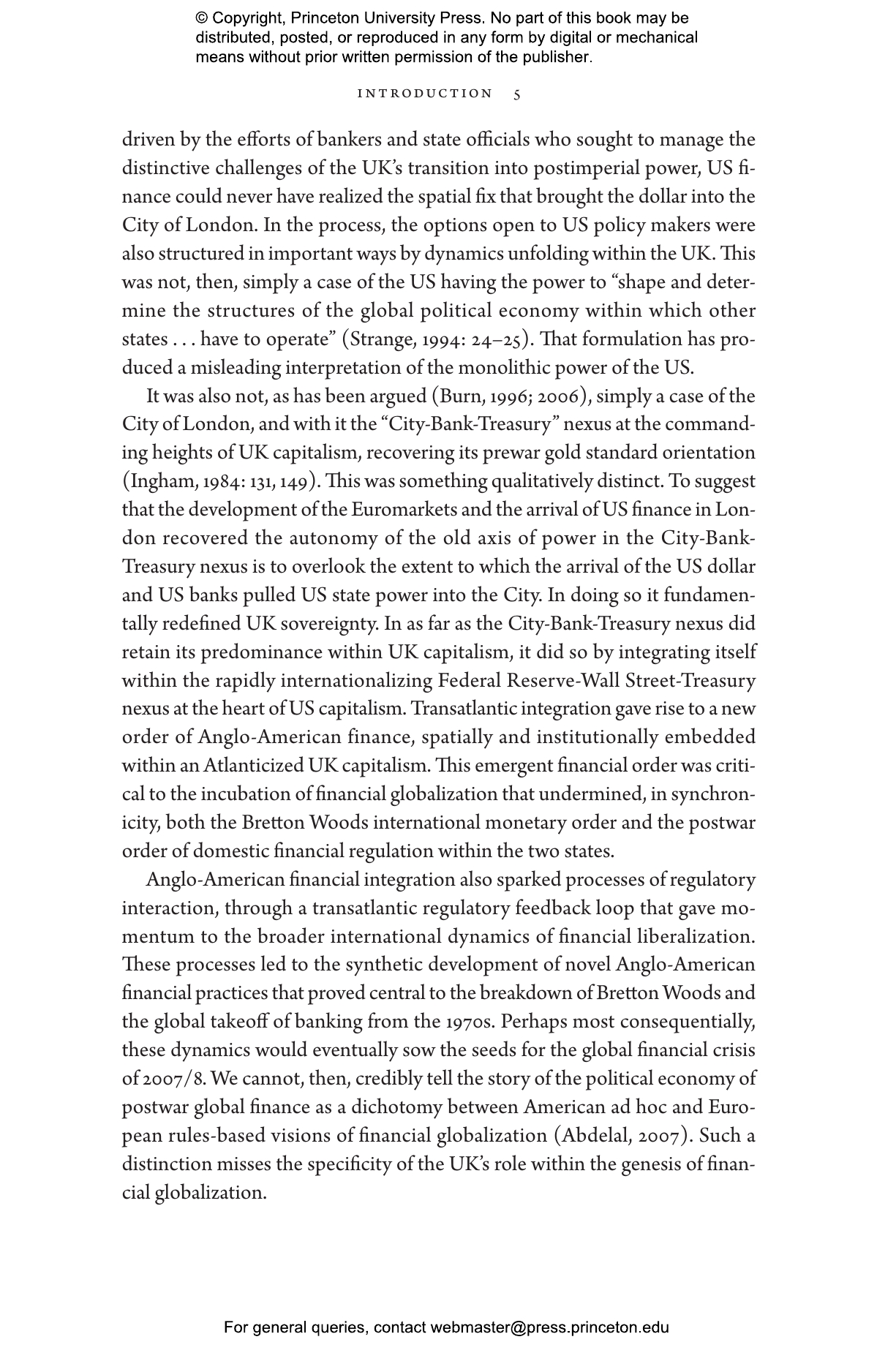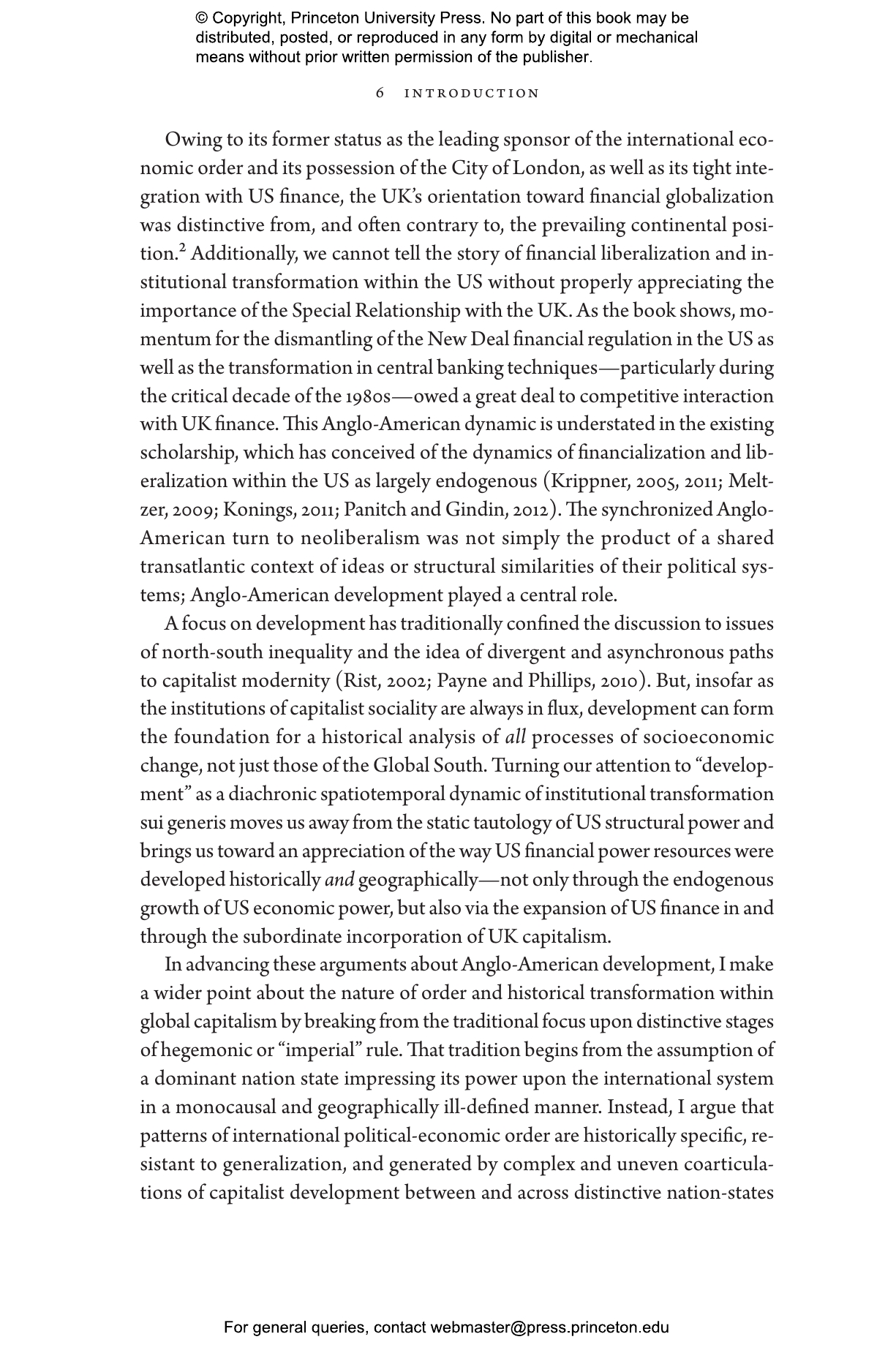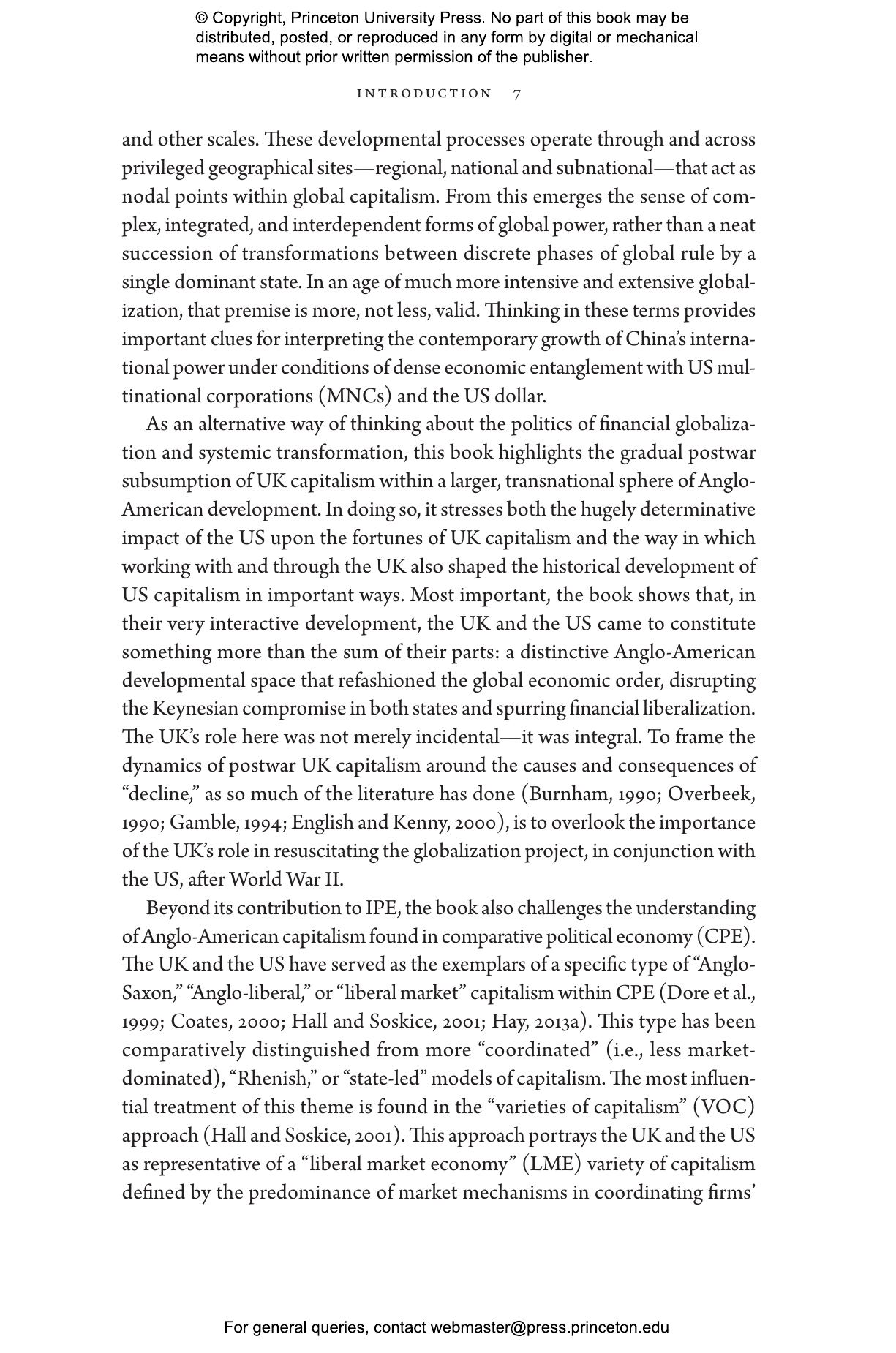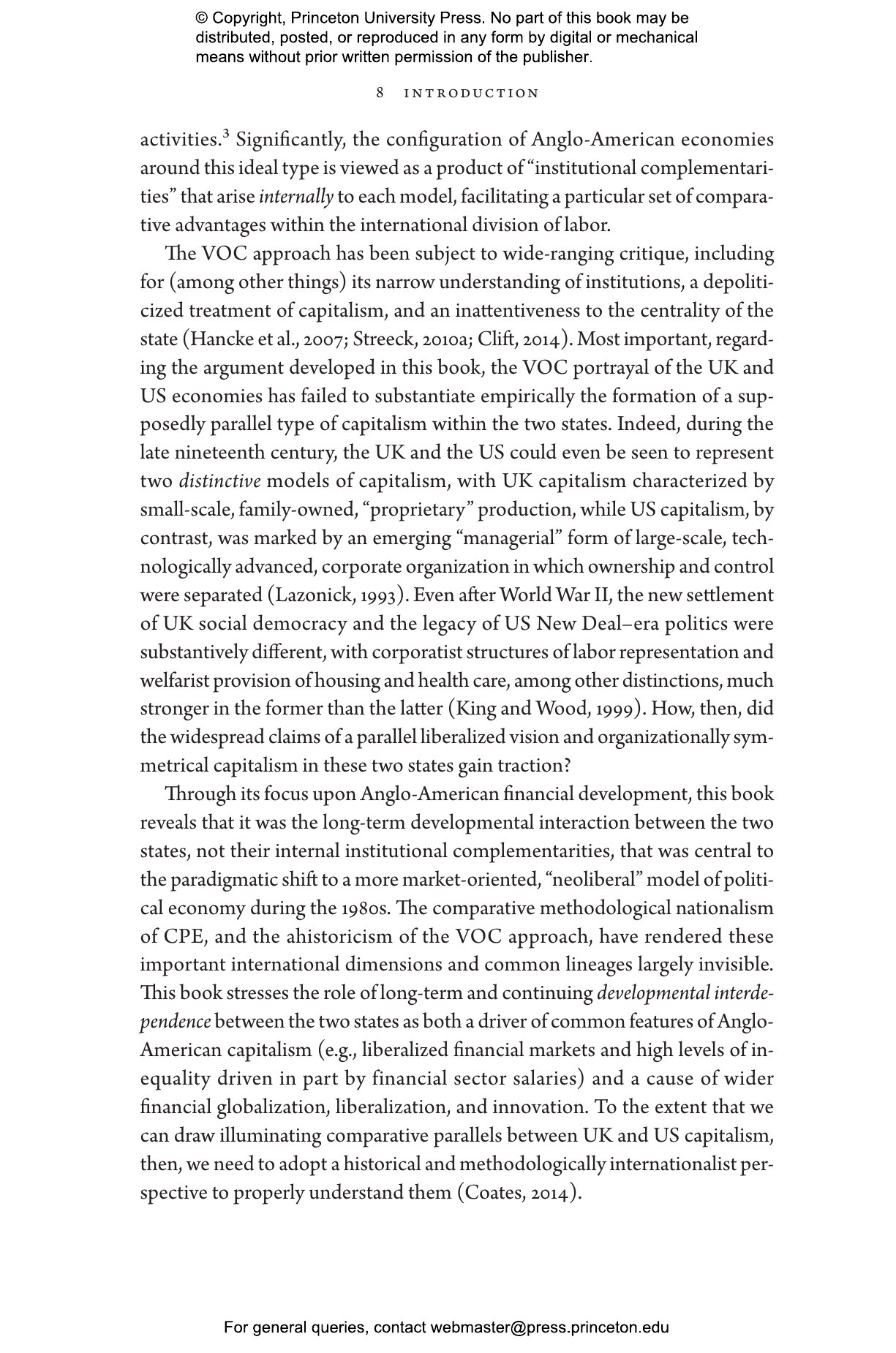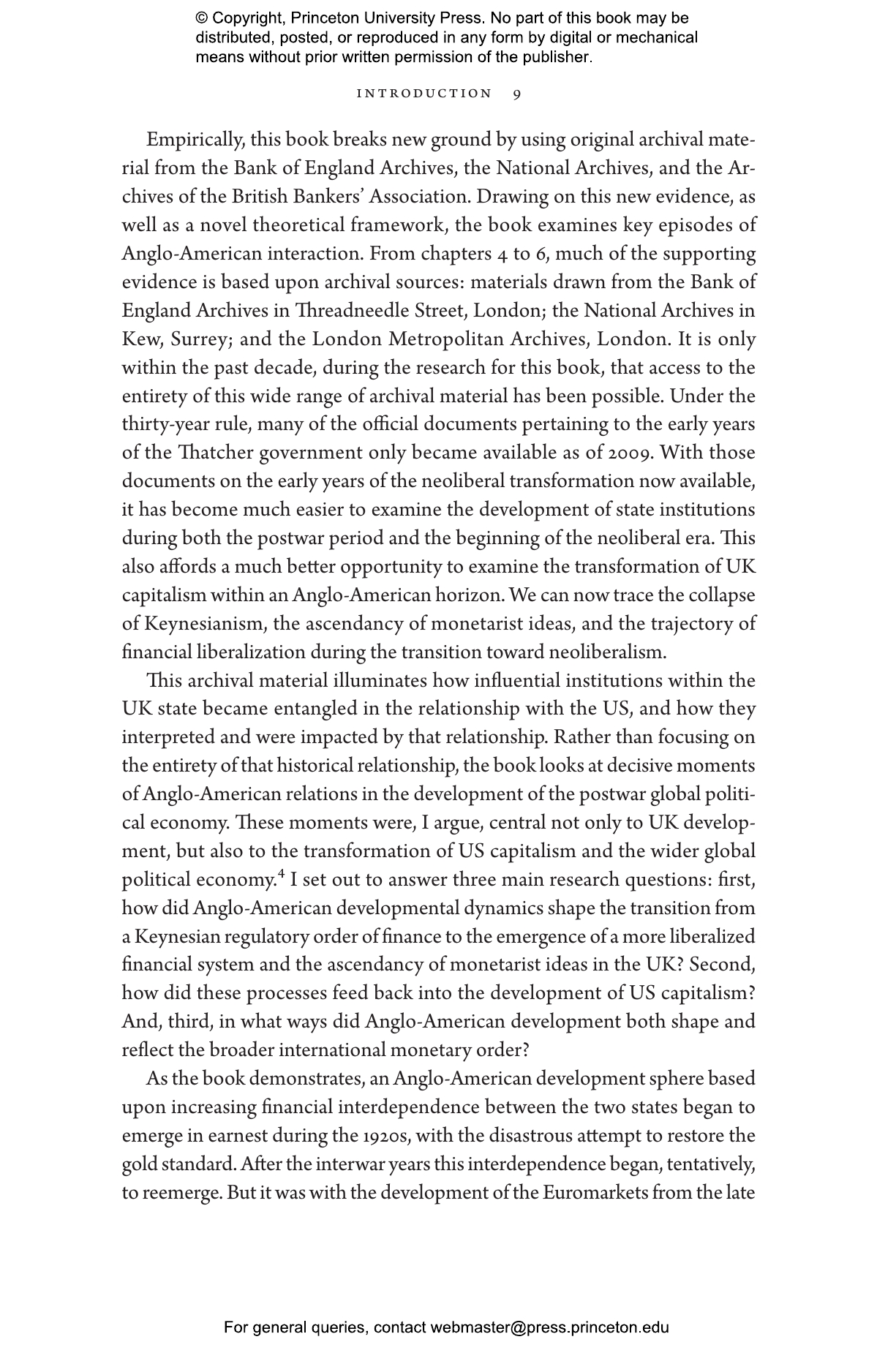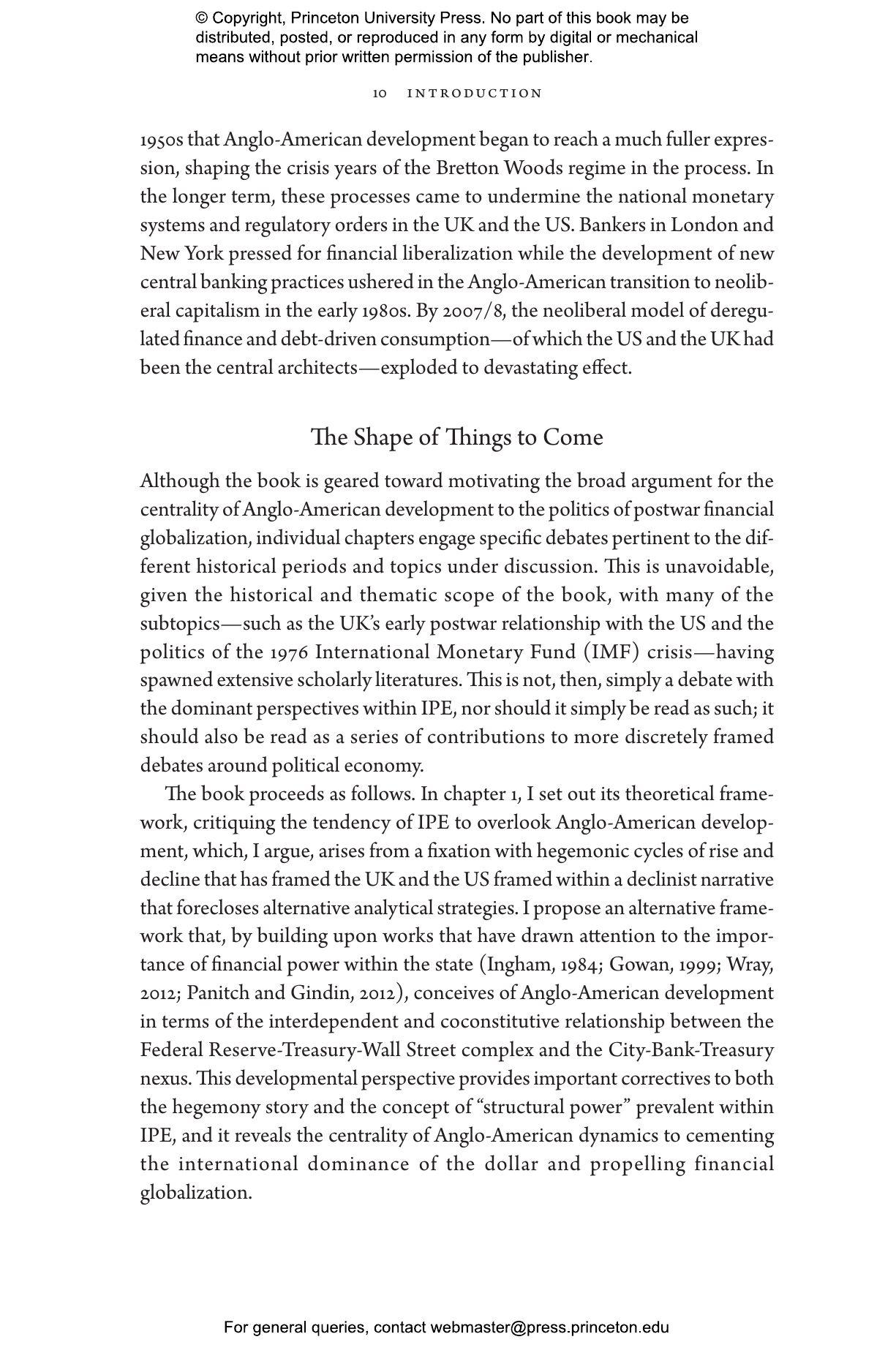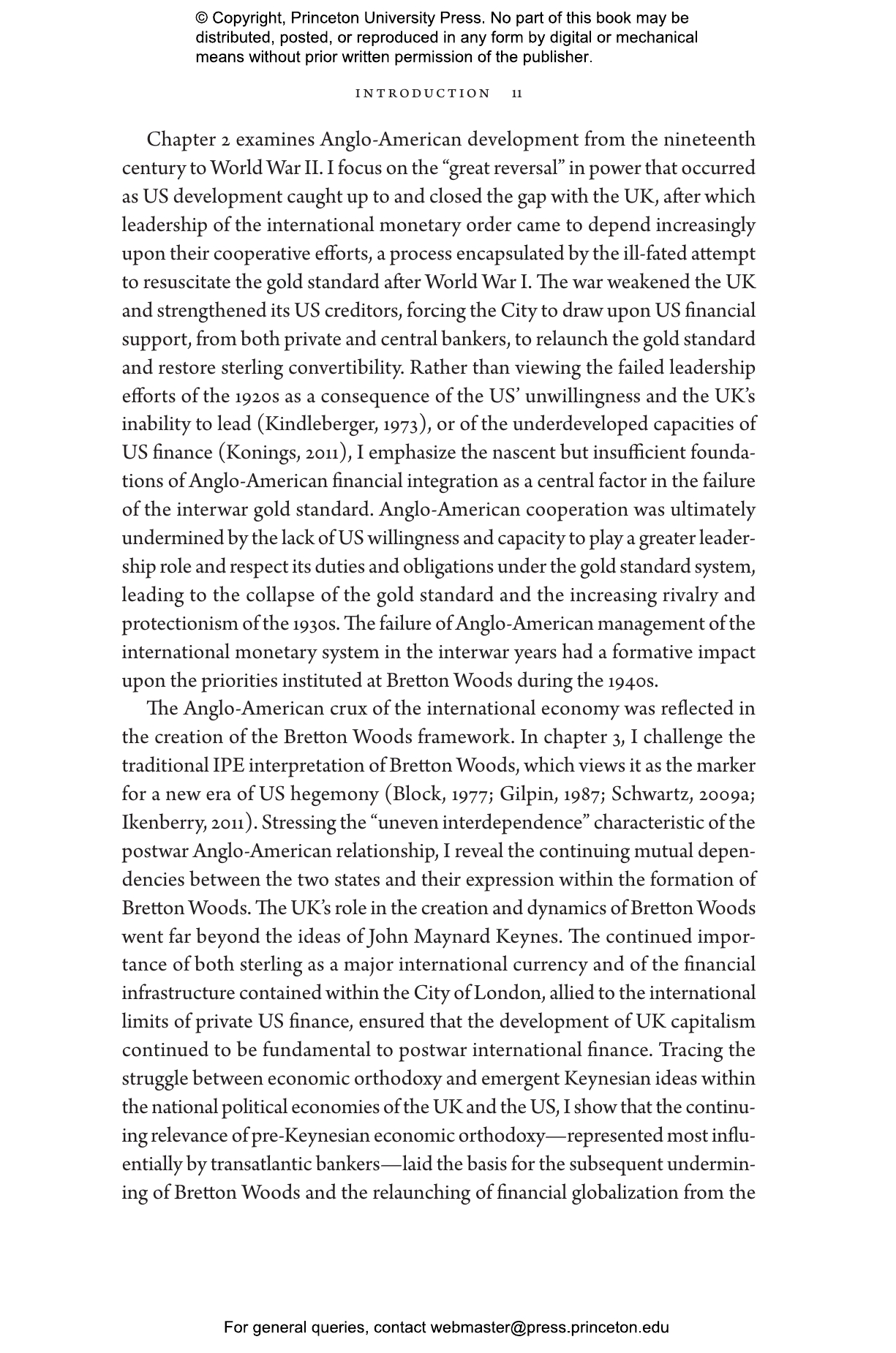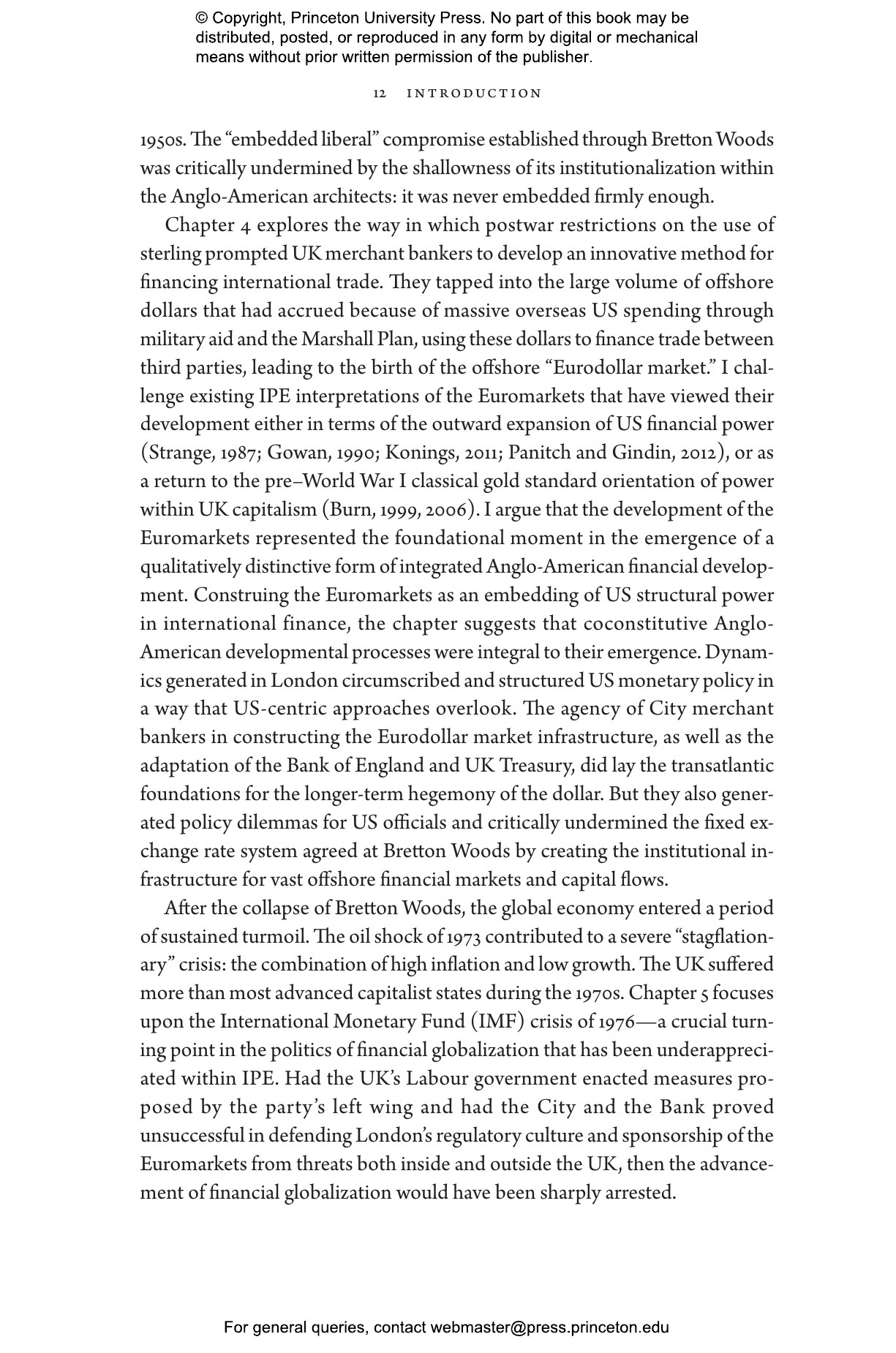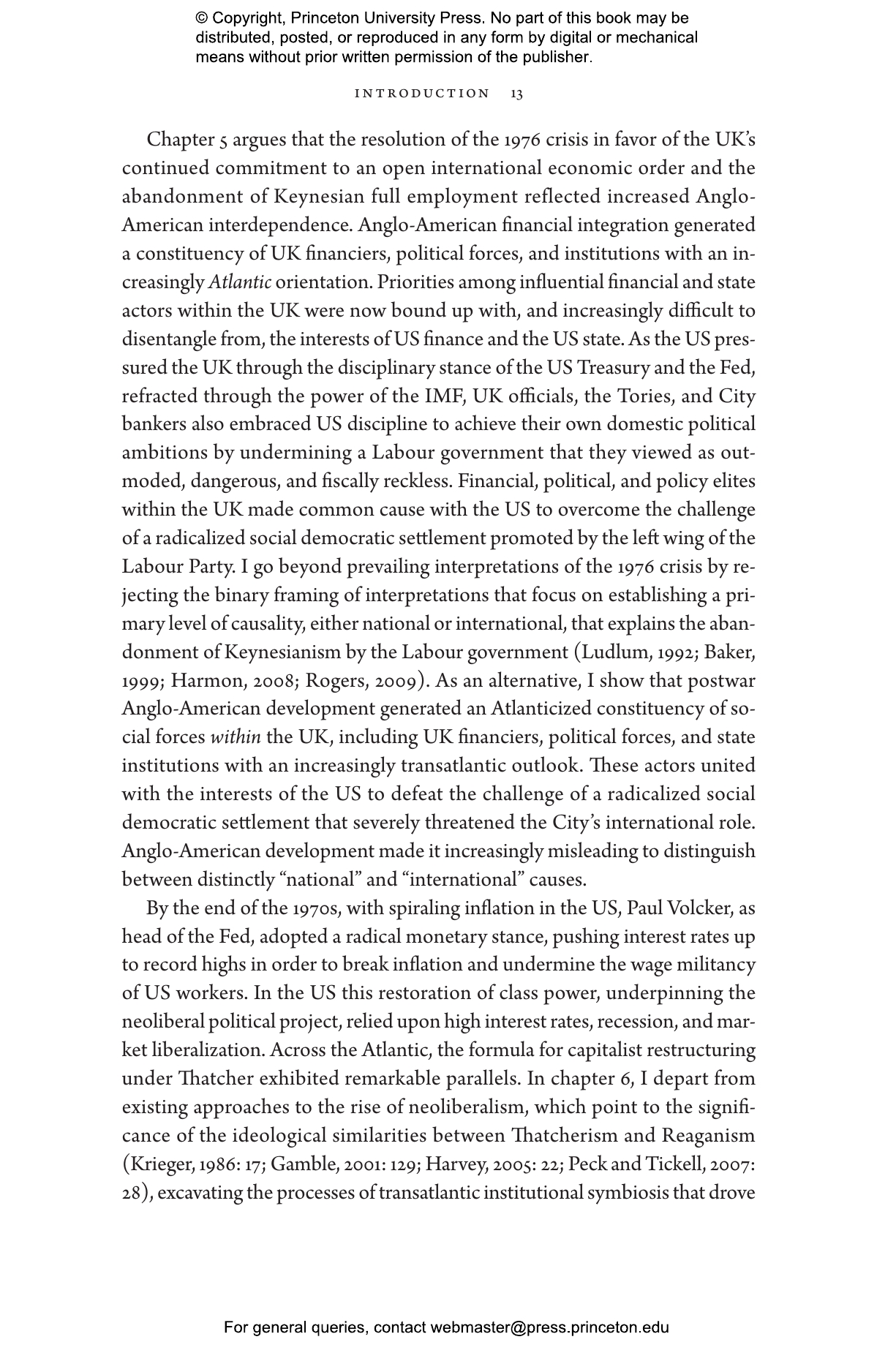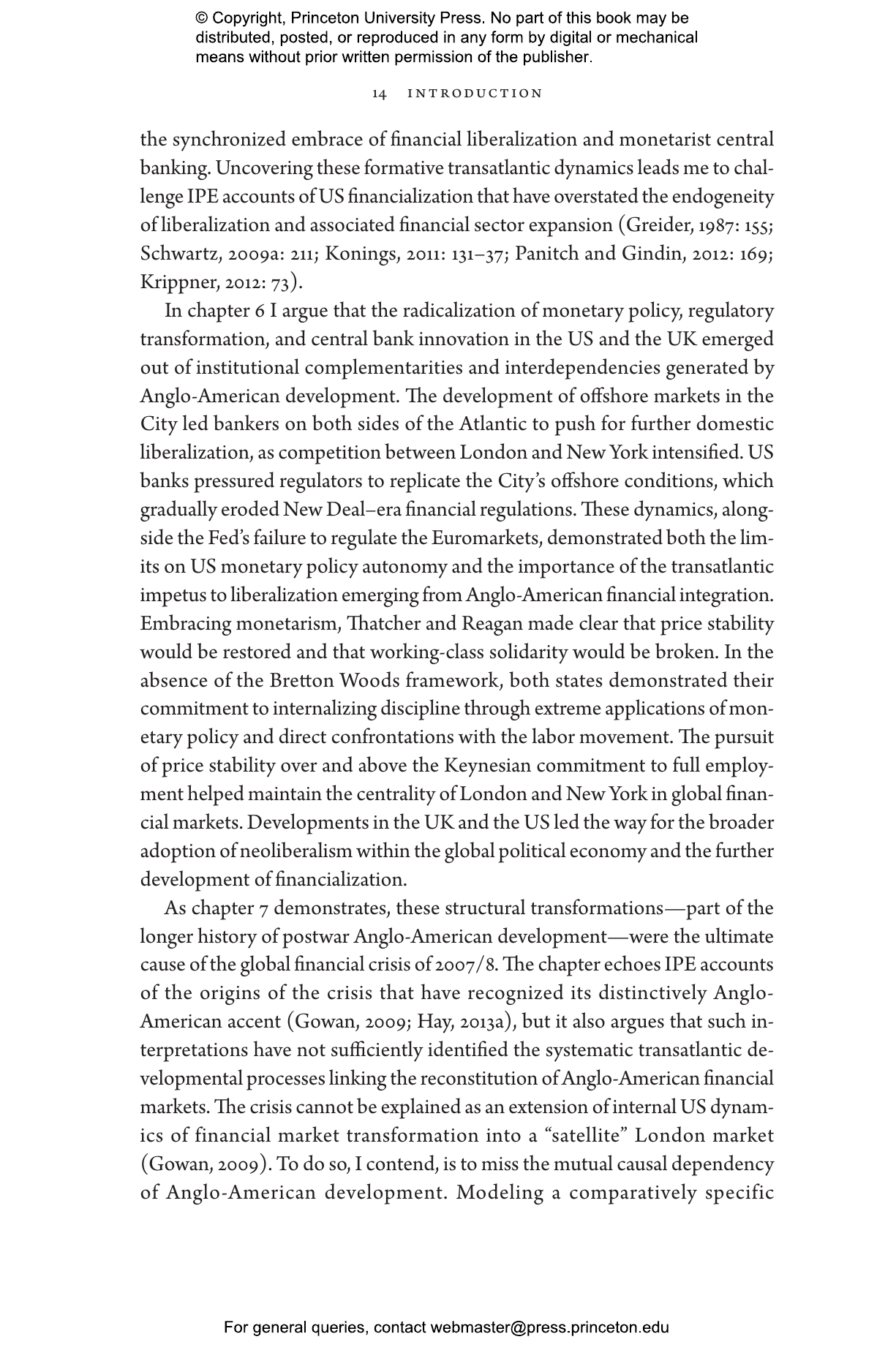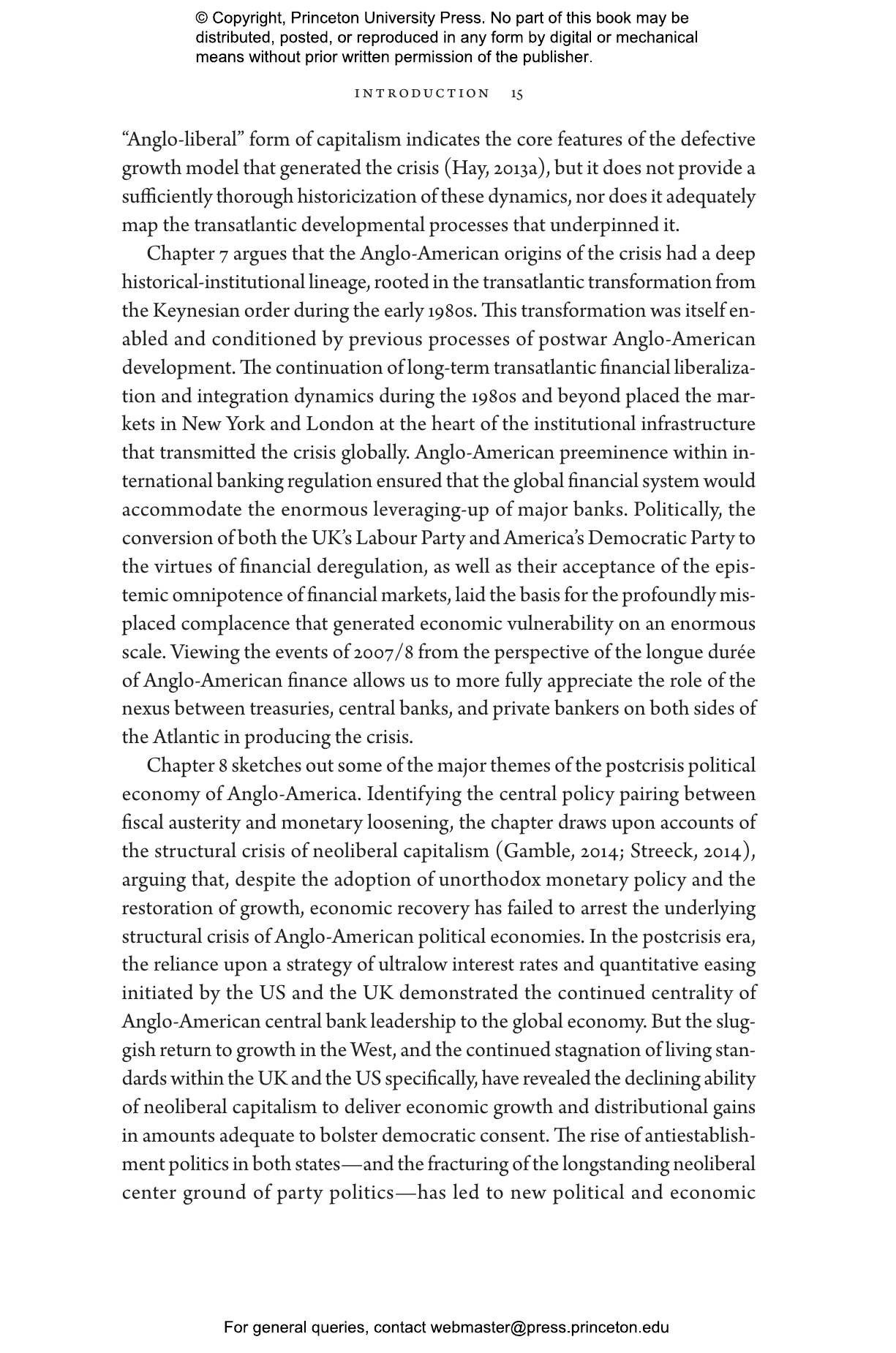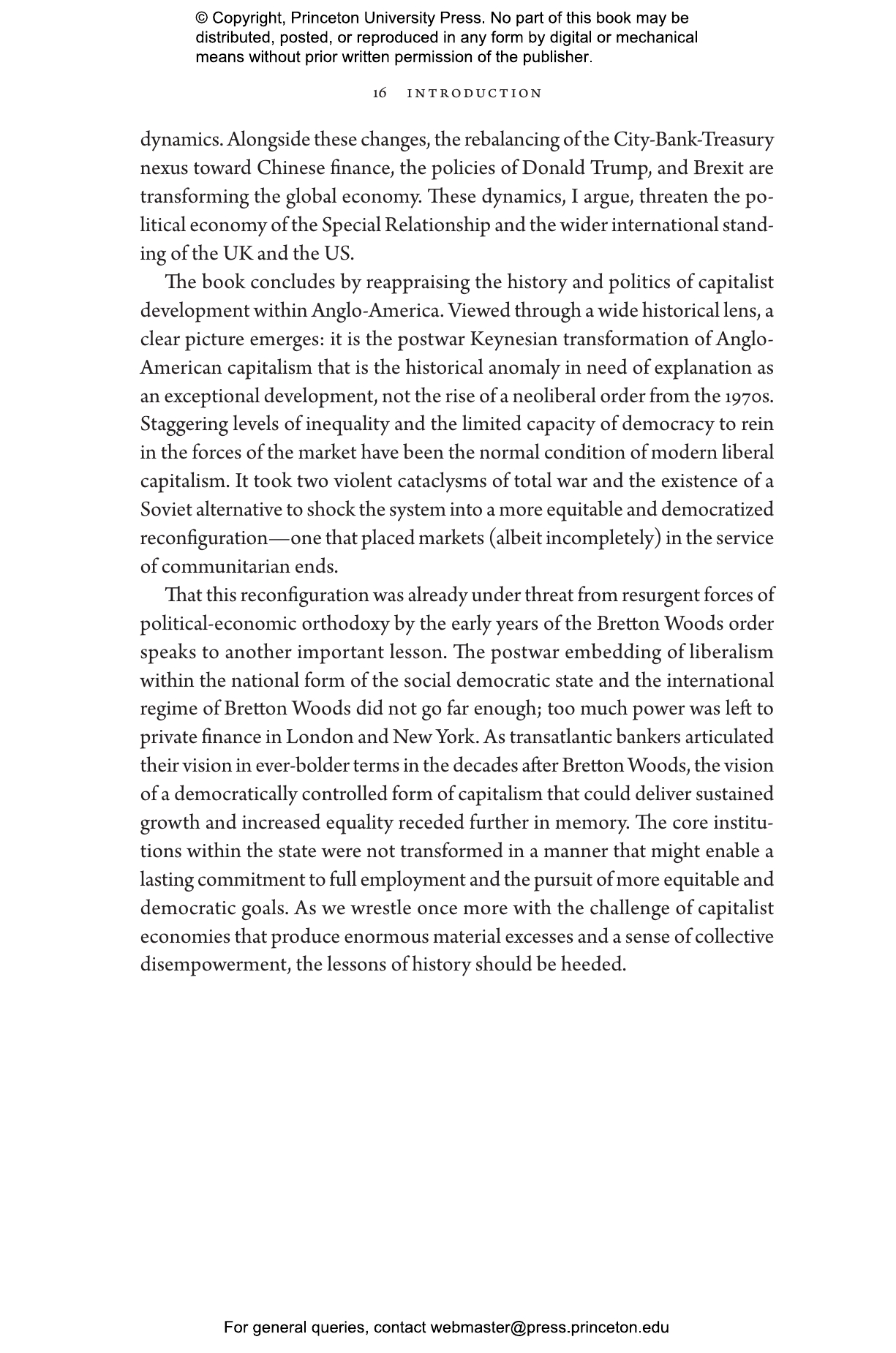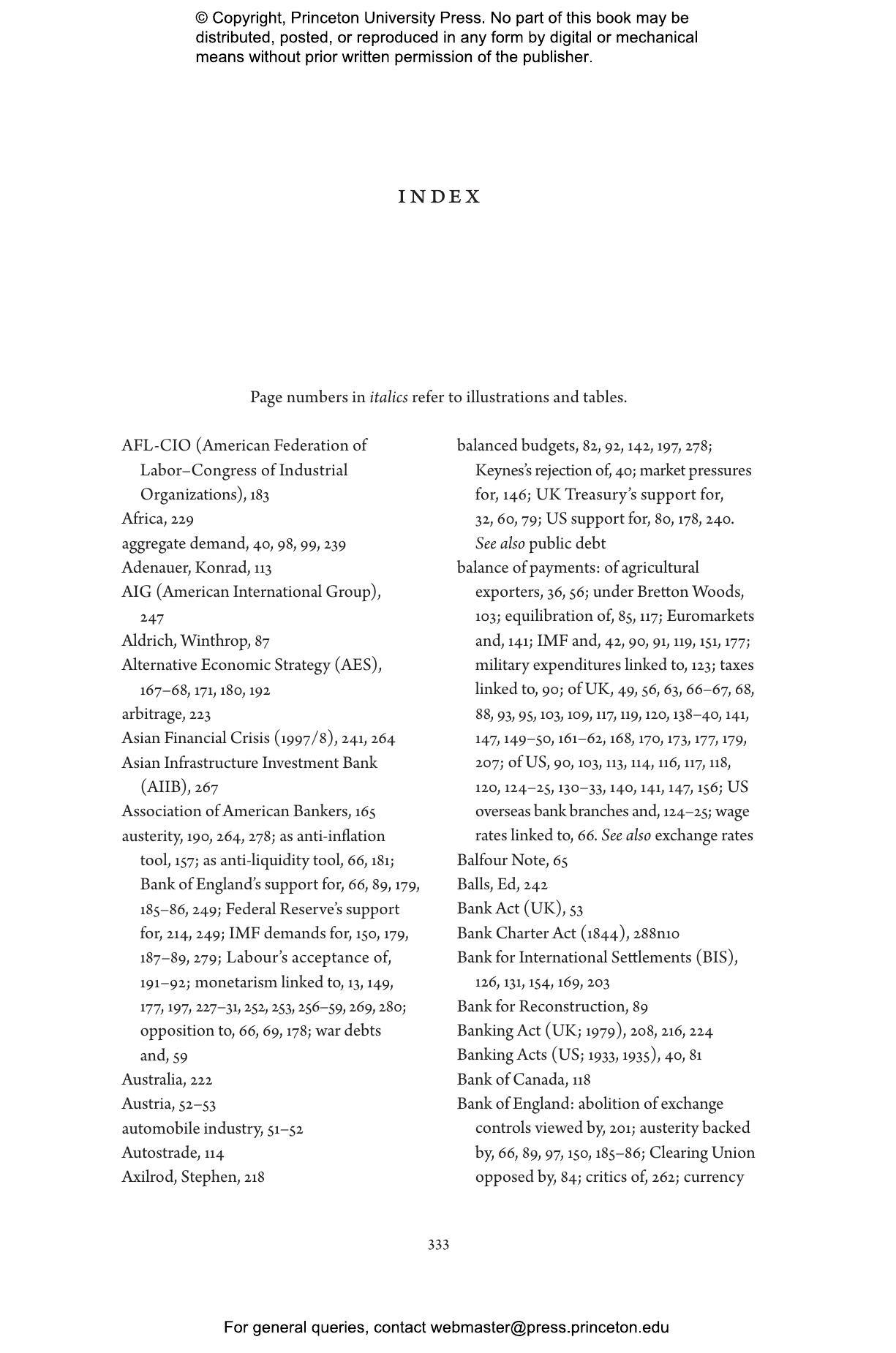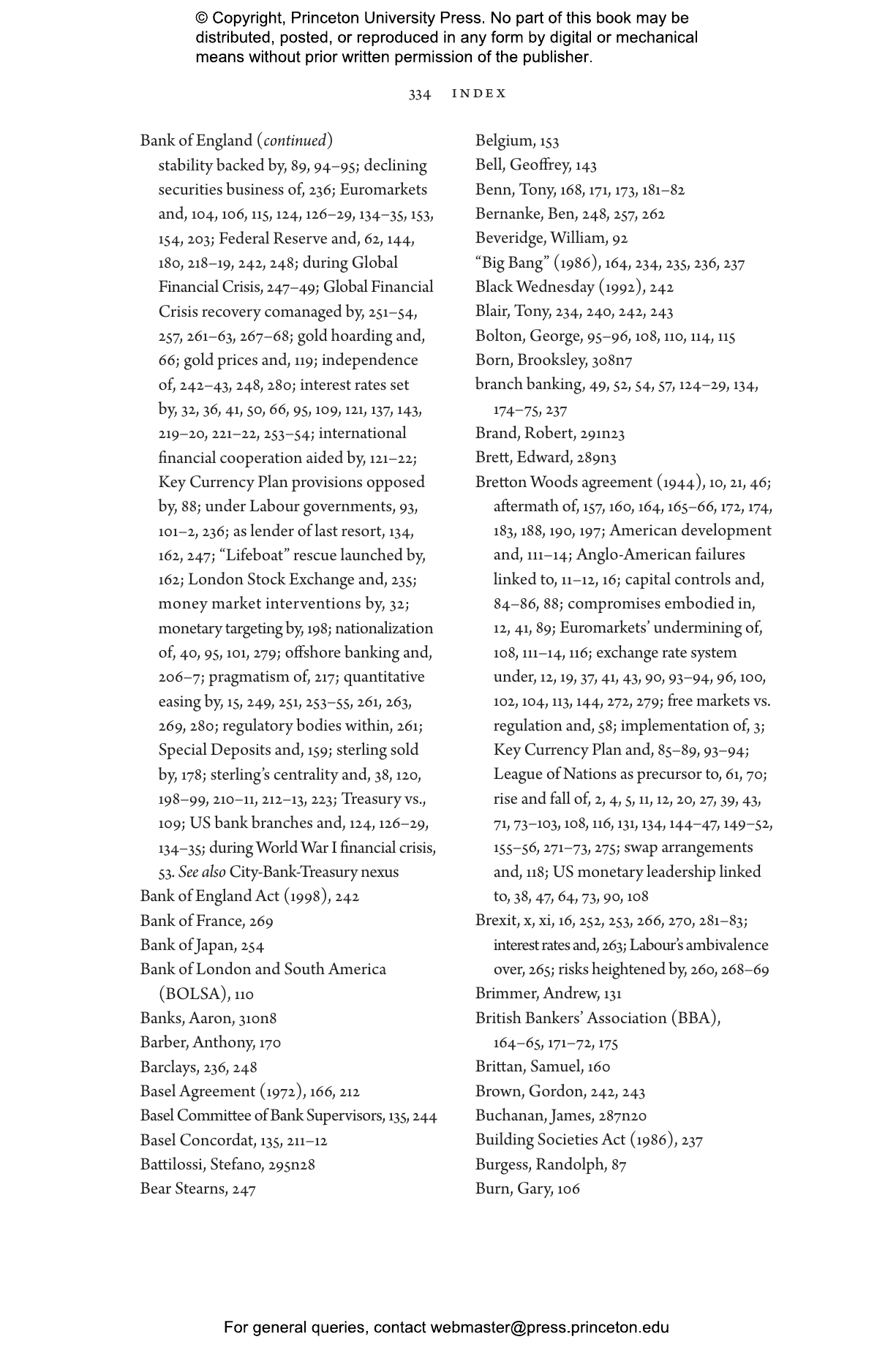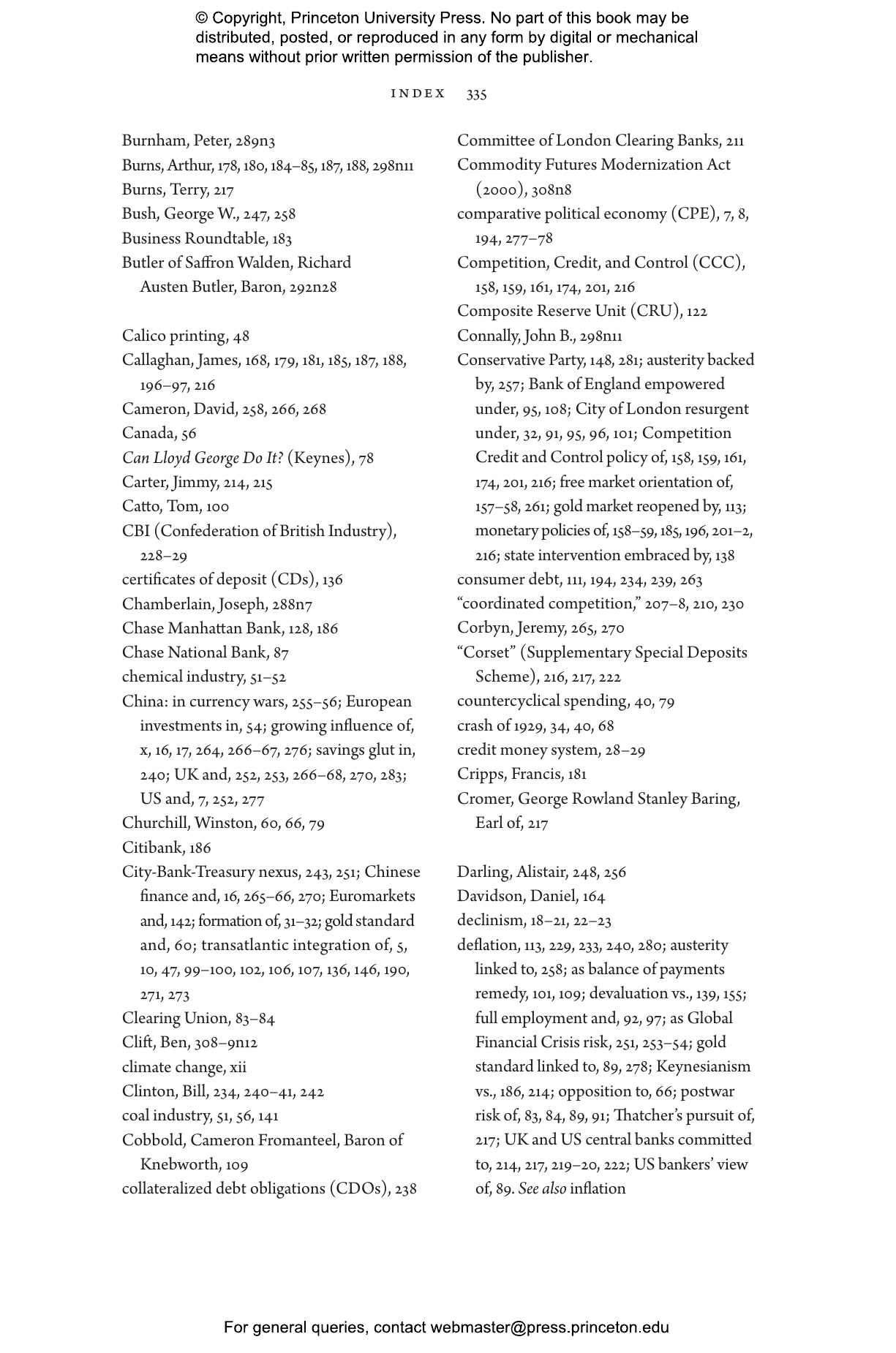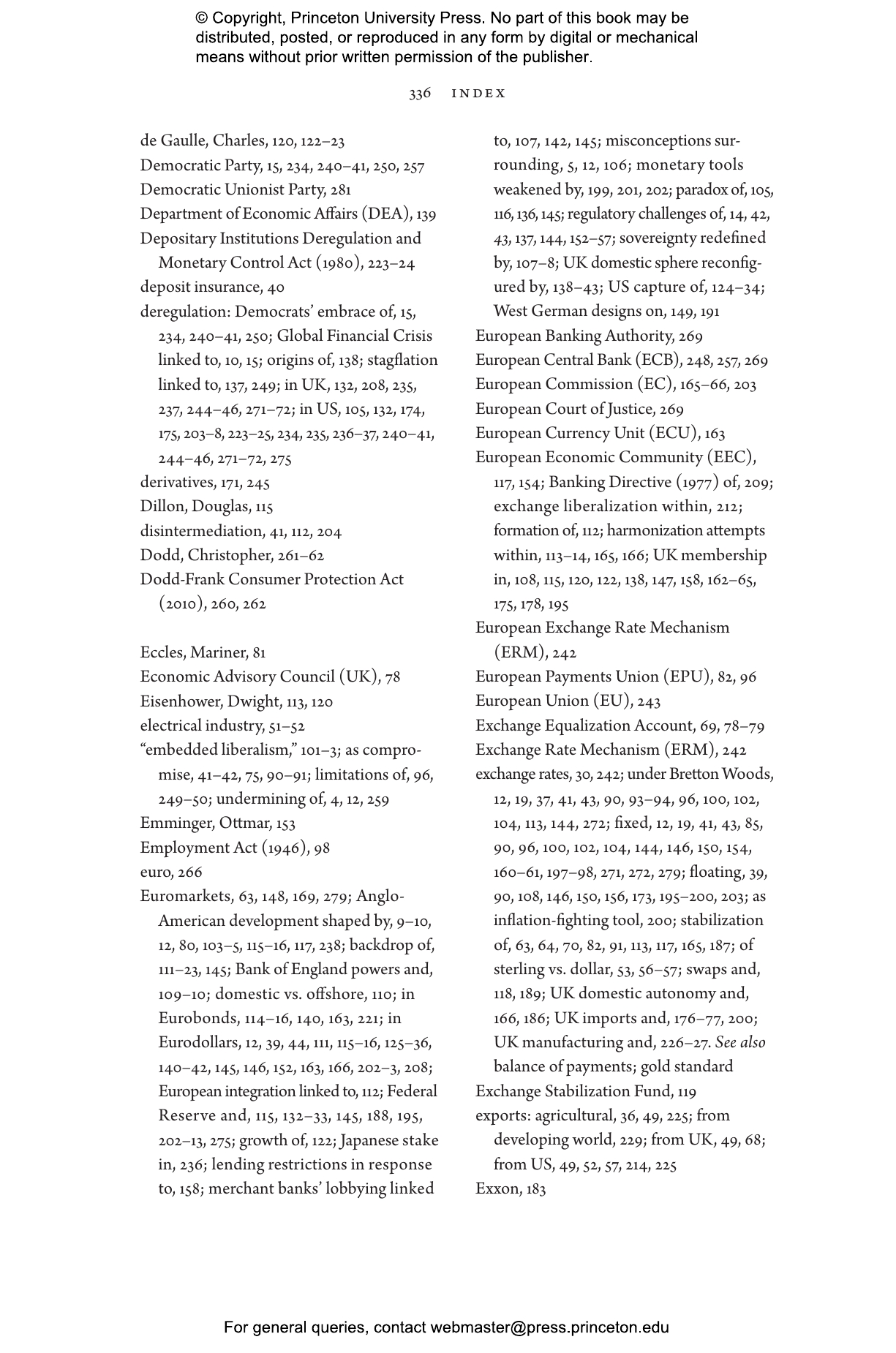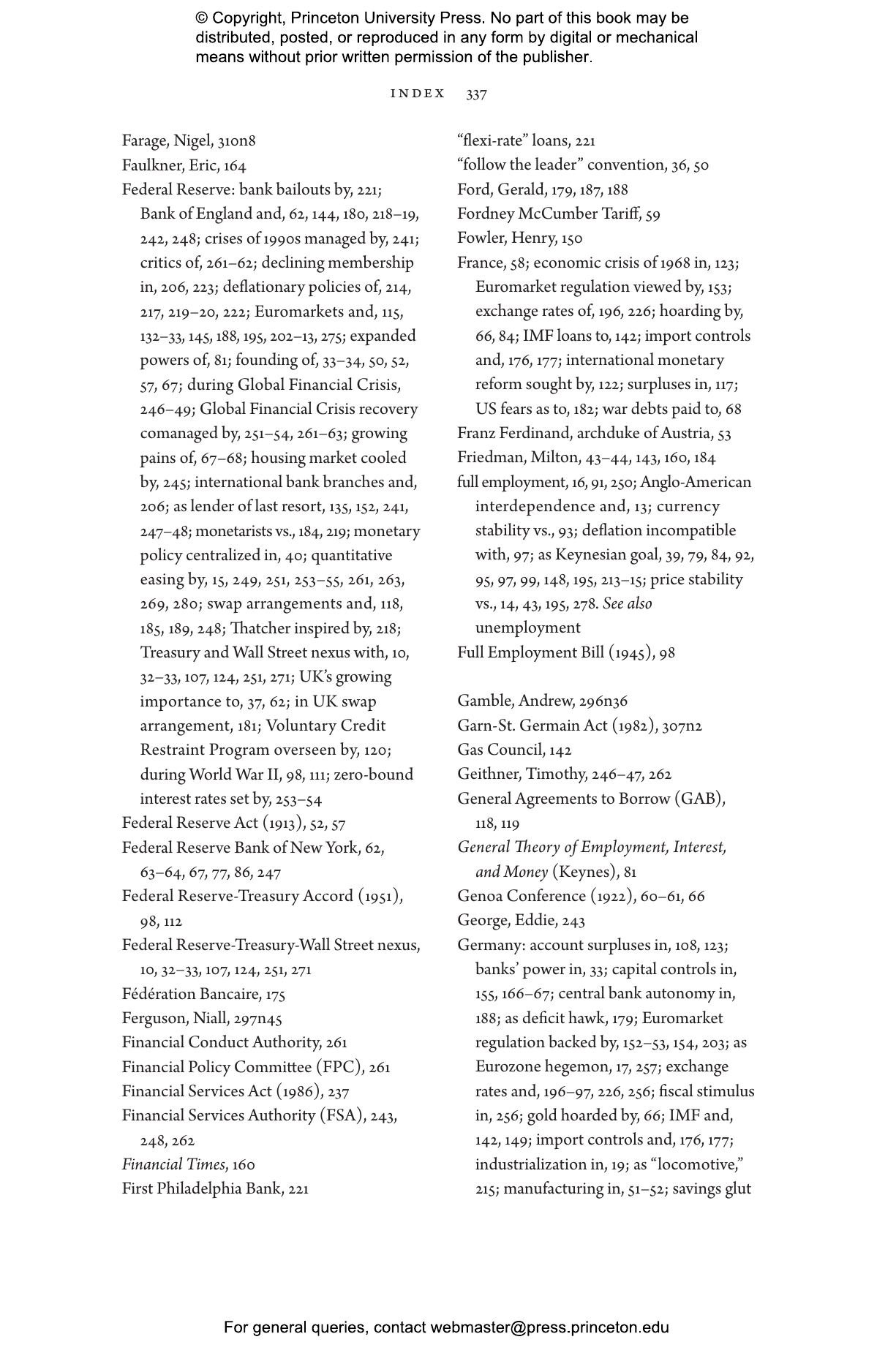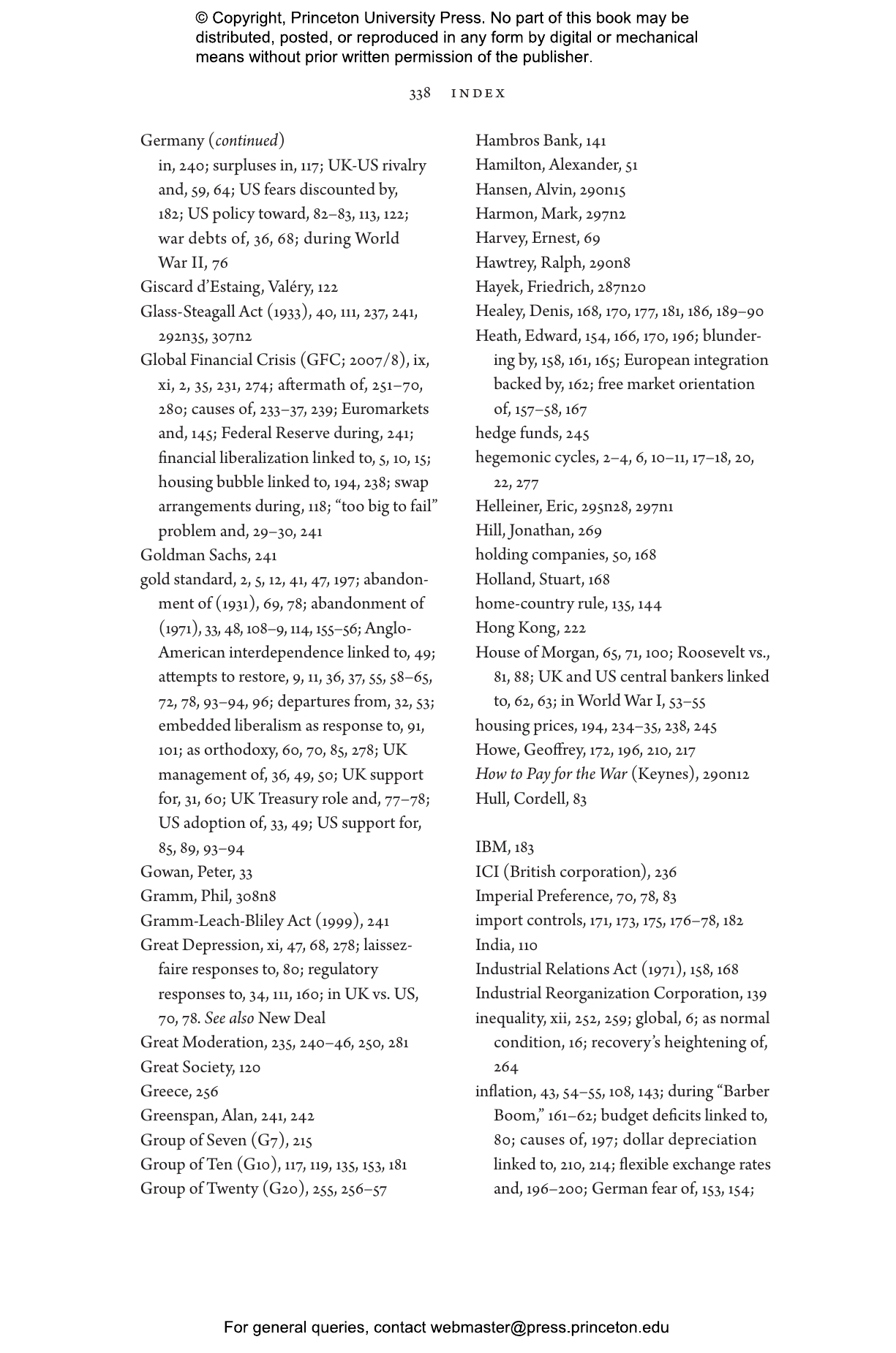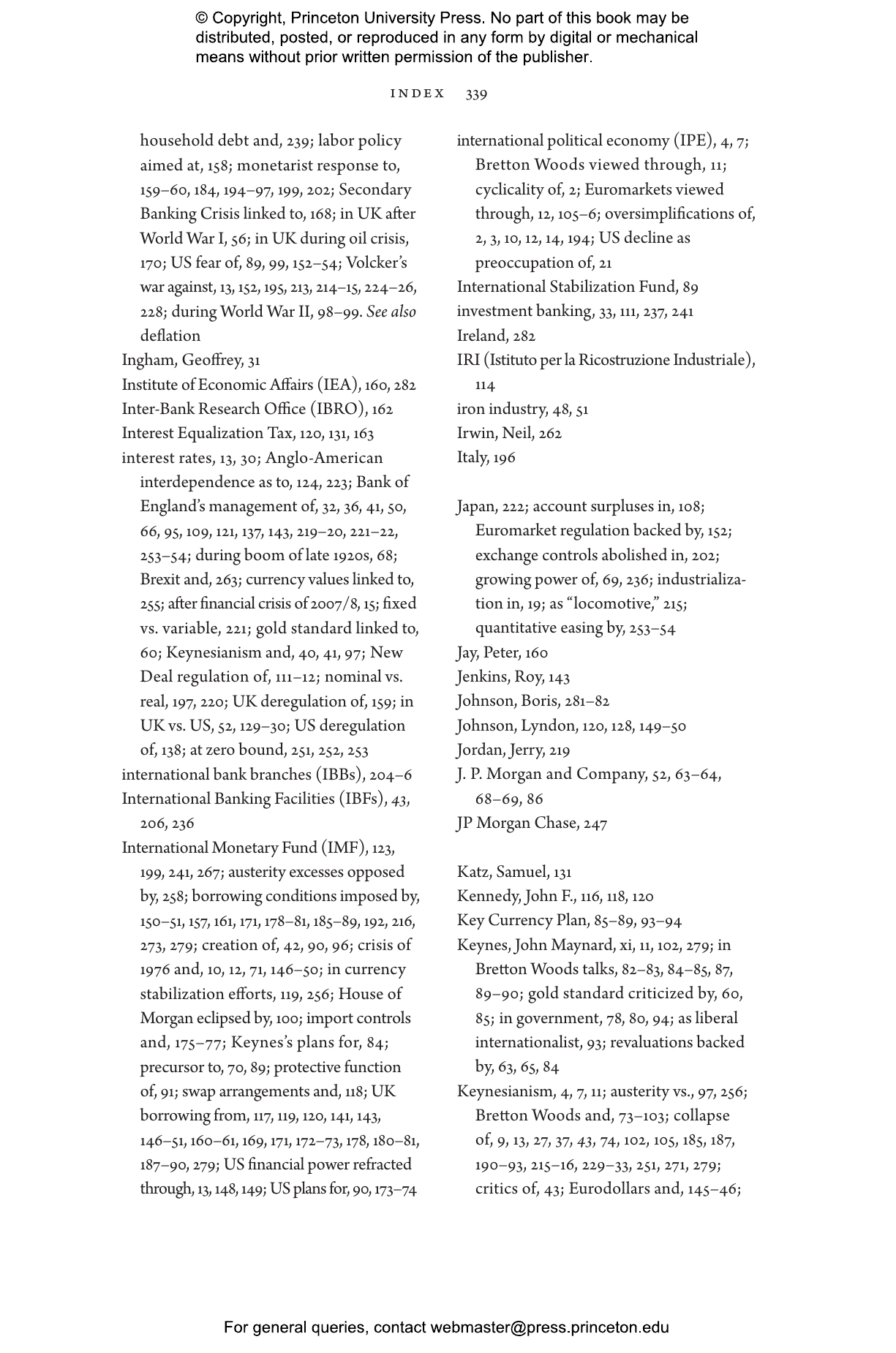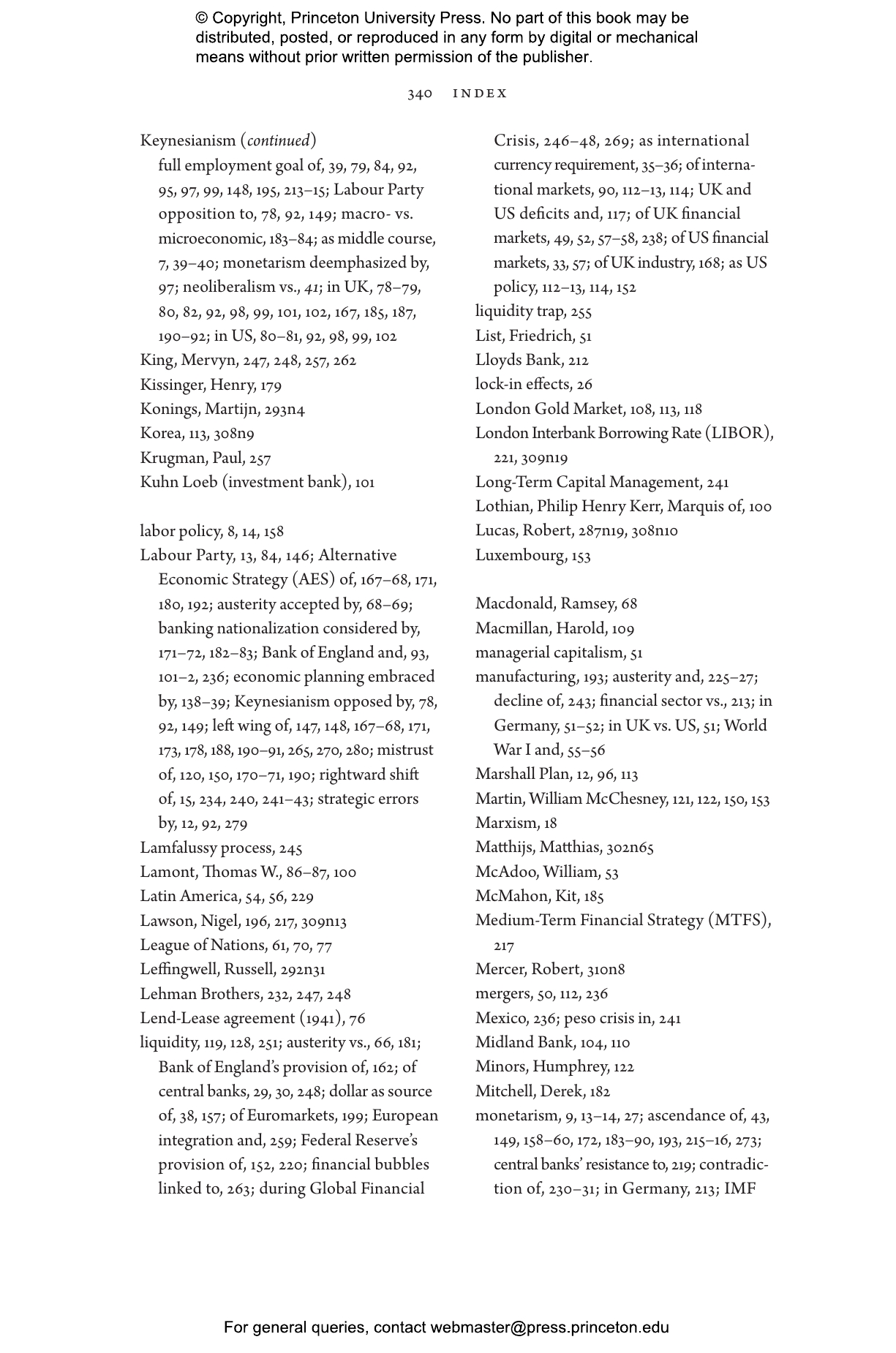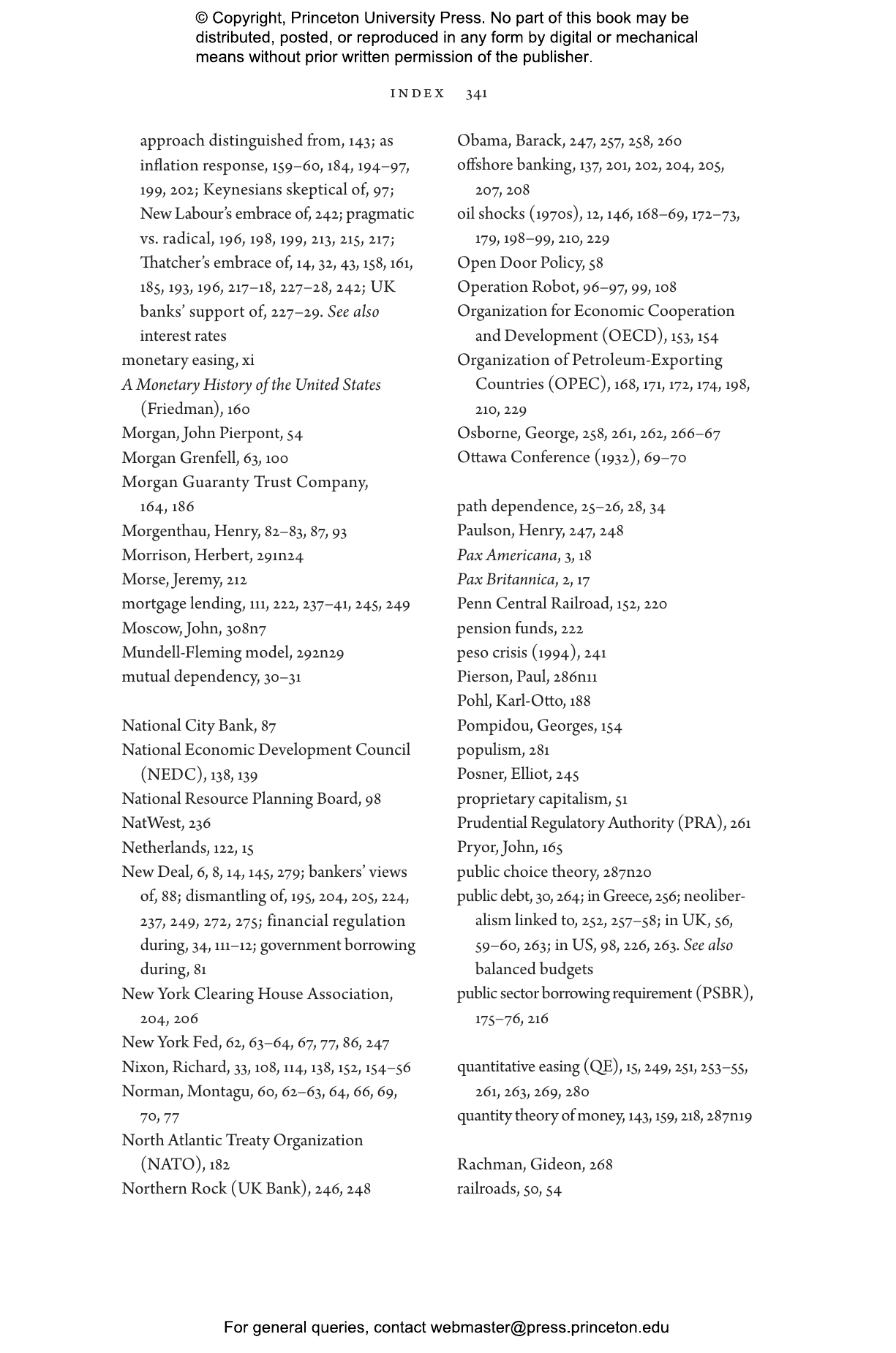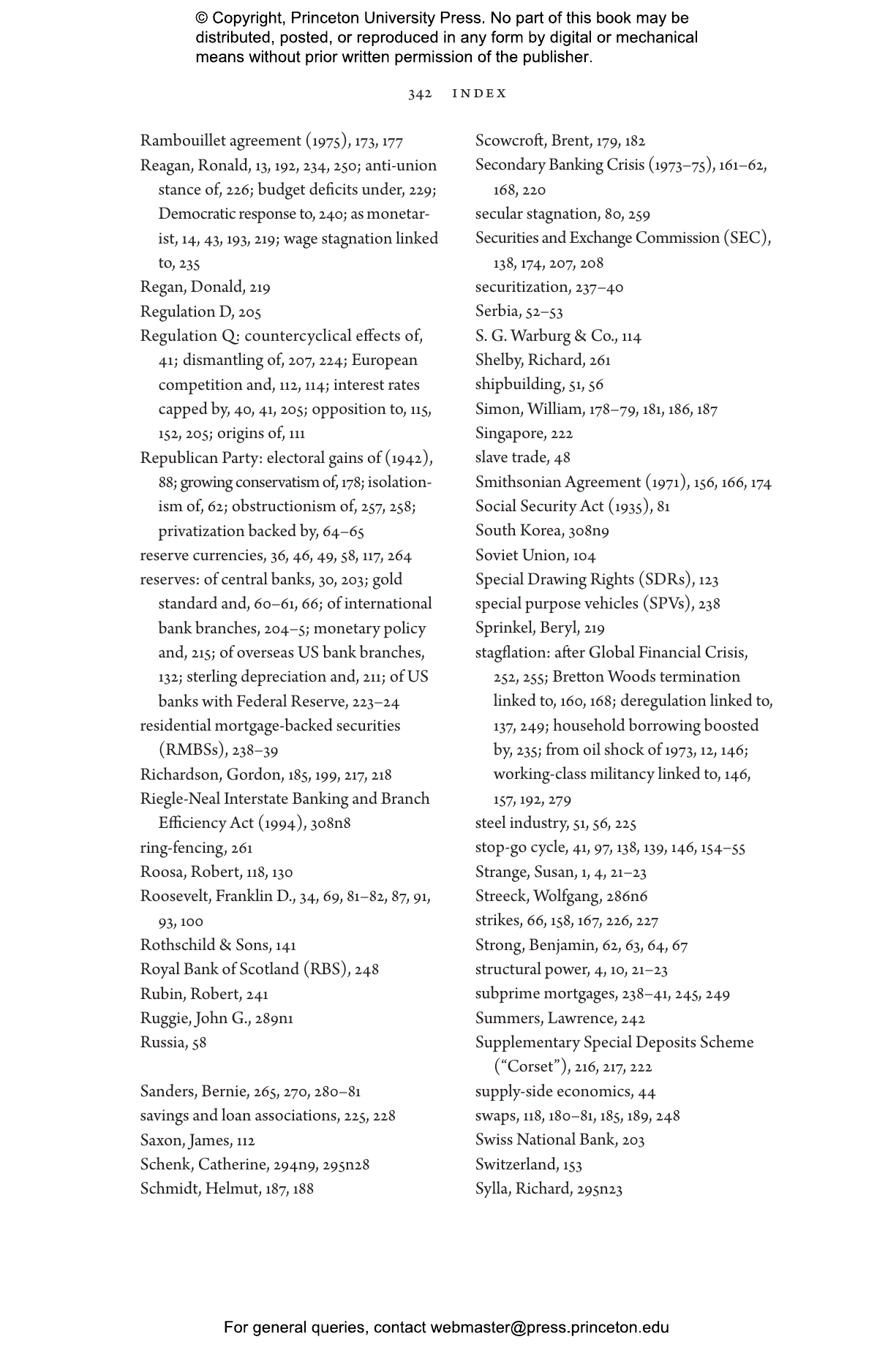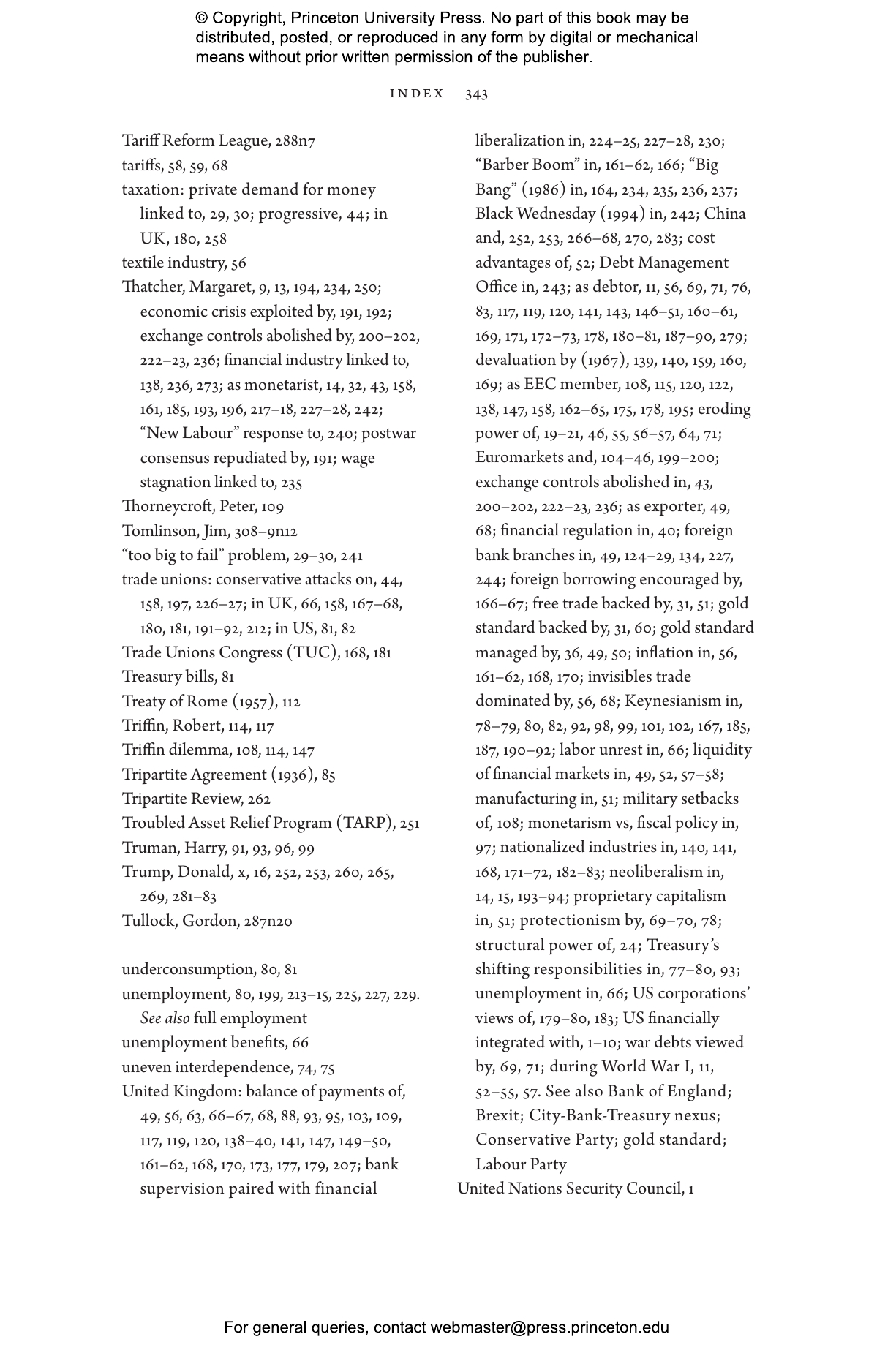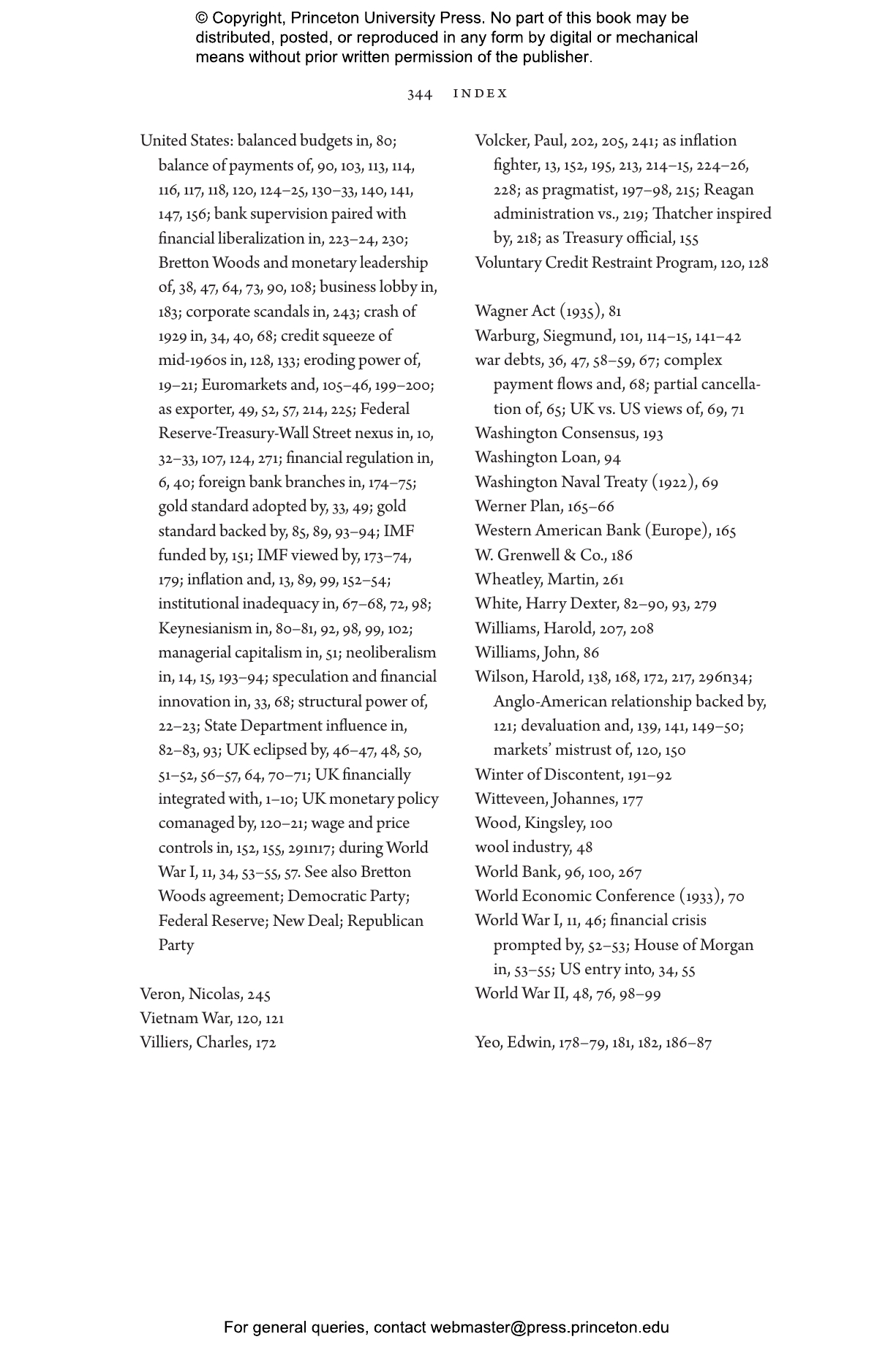How America’s global financial power was created and shaped through its special relationship with Britain
The rise of global finance in the latter half of the twentieth century has long been understood as one chapter in a larger story about the postwar growth of the United States. The Political Economy of the Special Relationship challenges this popular narrative. Revealing the Anglo-American origins of financial globalization, Jeremy Green sheds new light on Britain’s hugely significant, but often overlooked, role in remaking international capitalism alongside America.
Drawing from new archival research, Green questions the conventional view of international economic history as a series of cyclical transitions among hegemonic powers. Instead, he explores the longstanding interactive role of private and public financial institutions in Britain and the United States—most notably the close links between their financial markets, central banks, and monetary and fiscal policies. He shows that America’s unparalleled post-WWII financial power was facilitated, and in important ways constrained, by British capitalism, as the United States often had to work with and through British politicians, officials, and bankers to achieve its vision of a liberal economic order. Transatlantic integration and competition spurred the rise of the financial sector, an increased reliance on debt, a global easing of regulation, the ascendance of monetarism, and the transition to neoliberalism.
From the gold standard to the recent global financial crisis and beyond, The Political Economy of the Special Relationship recasts the history of global finance through the prism of Anglo-American development.
Jeremy Green is lecturer in international political economy and fellow of Jesus College, University of Cambridge. He is the author of Is Globalization Over? and the coeditor of The British Growth Crisis.
"Armed with a plethora of original archival material, Jeremy Green boldly challenges our understanding of the institutional roots of modern global finance. Contrary to conventional narratives that stress the structural power of the United States after World War II, Green draws attention to Britain’s underappreciated contributions in the context of a distinctive Anglo-American interaction. A must-read for anyone interested in the politics of international finance."—Benjamin J. Cohen, author of Currency Statecraft
"How did the United States come to dominate the global economy? Jeremy Green’s detailed history persuasively demonstrates that American ascendance could only develop through the conjunction of US-UK financial interests. This is a crystal-clear account of financial globalization and a powerful reminder of the sources of geopolitical influence."—Cornelia Woll, Sciences Po
"This book represents the culmination of years of scholarly activity and is a significant accomplishment. Examining whether Britain’s role in the construction of financial globalization has been underplayed in the existing literature, Jeremy Green shows us what results when the political economy of US financial hegemony is replaced by the political economy of the US-UK special relationship. A very important book, and a terrific read too."—Matthew Watson, author of The Market
"This superb book pulls off an impressive feat: it places financial and monetary history in a compelling theoretical framework and shows readers that the standard state-centric international political economy accounts, with their cyclical dynamics of rising and declining hegemons, are only part of the story. Combining encyclopedic knowledge, archival work, and economic policy analysis, this is international political economy at its very best."—Matthias Matthijs, Johns Hopkins University
"This significant book ought to be read by both international political economists and historians. Jeremy Green’s key concepts of Anglo-American interactivity and uneven interdependence are spot-on, and their utilization by others working in the field will help to rebalance what are, only too often, US-centric arguments."—Kathleen Burk, author of The Lion and the Eagle
"Drawing on important, newly declassified material, Jeremy Green’s powerful new book challenges the US-centrism of so much scholarship in international political economy by revealing the key role of the American and British special relationship in the rise of modern global finance."—Jacqueline Best, author of Governing Failure
"This well-crafted, convincing book provides a political economy of the Anglo-American special relationship as opposed to a more conventional diplomatic historical account. Jeremy Green has written an excellent study that combines detailed empirical and theoretical analysis from across a wide range of disciplines."—Peter Burnham, University of Birmingham


